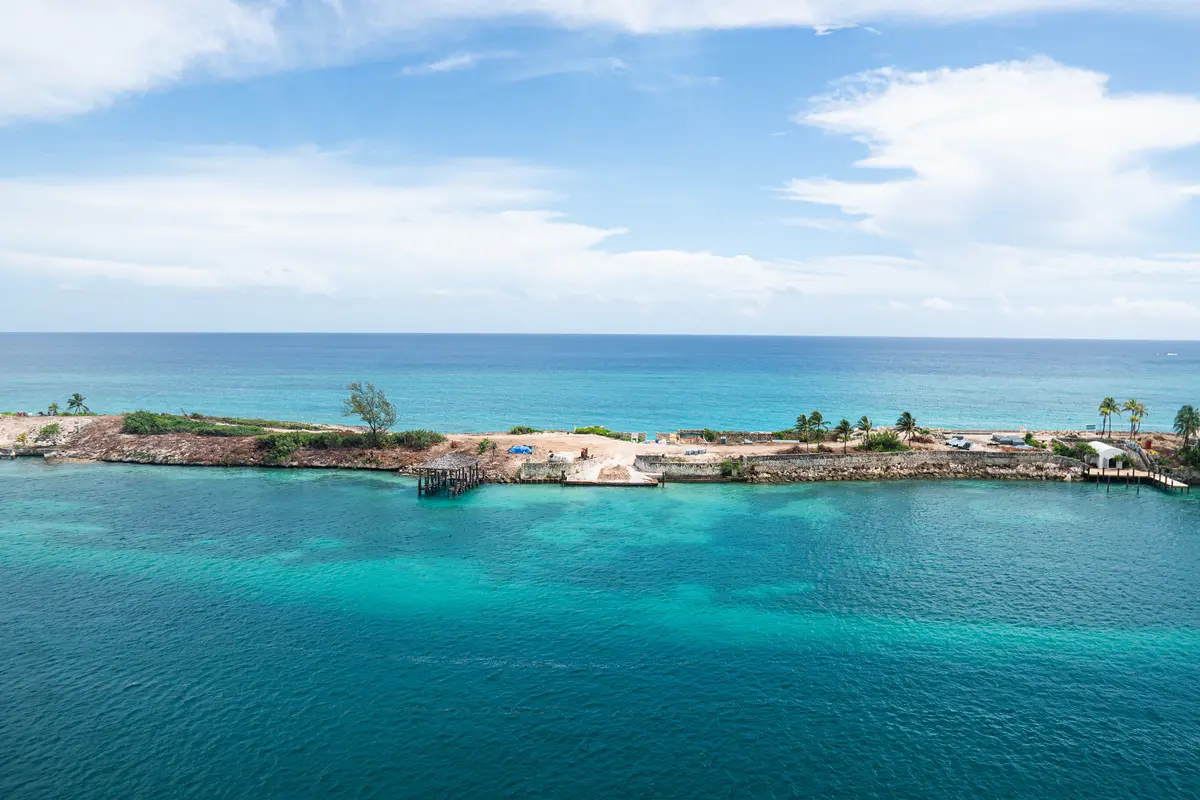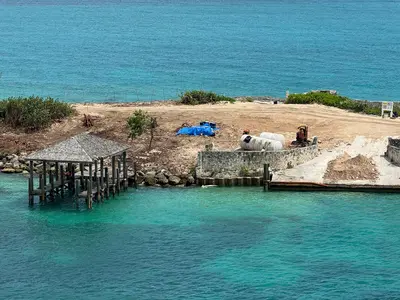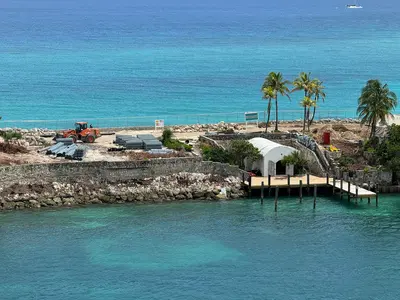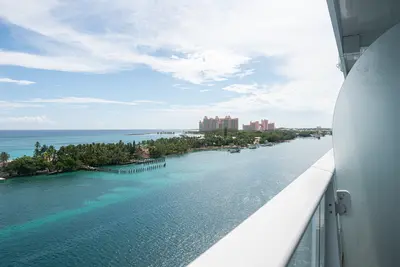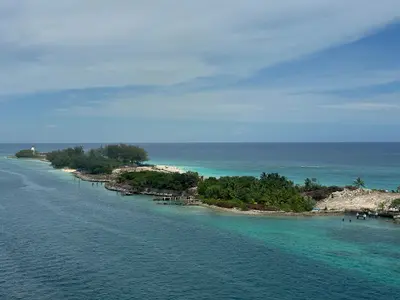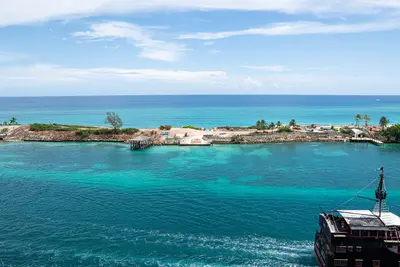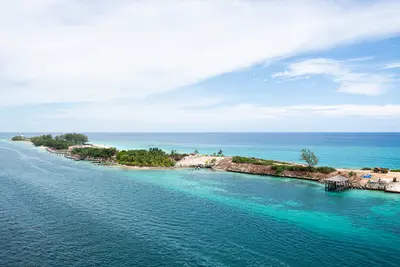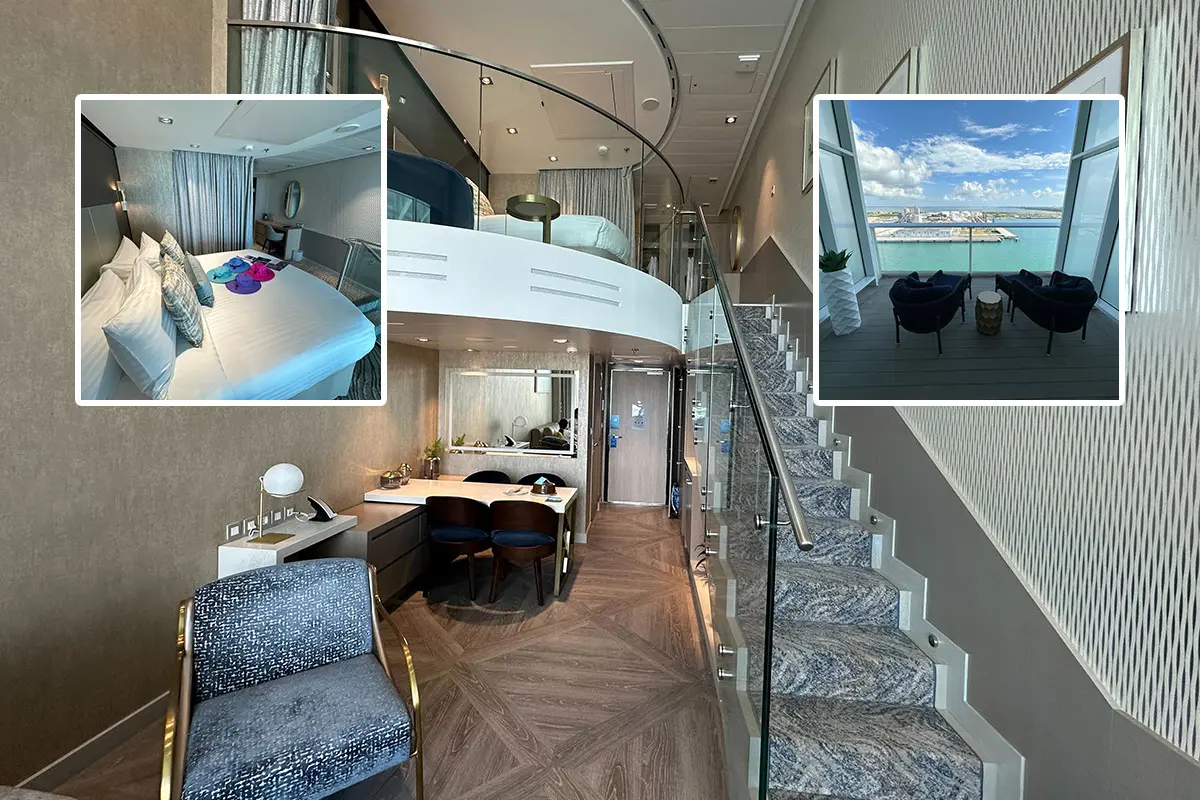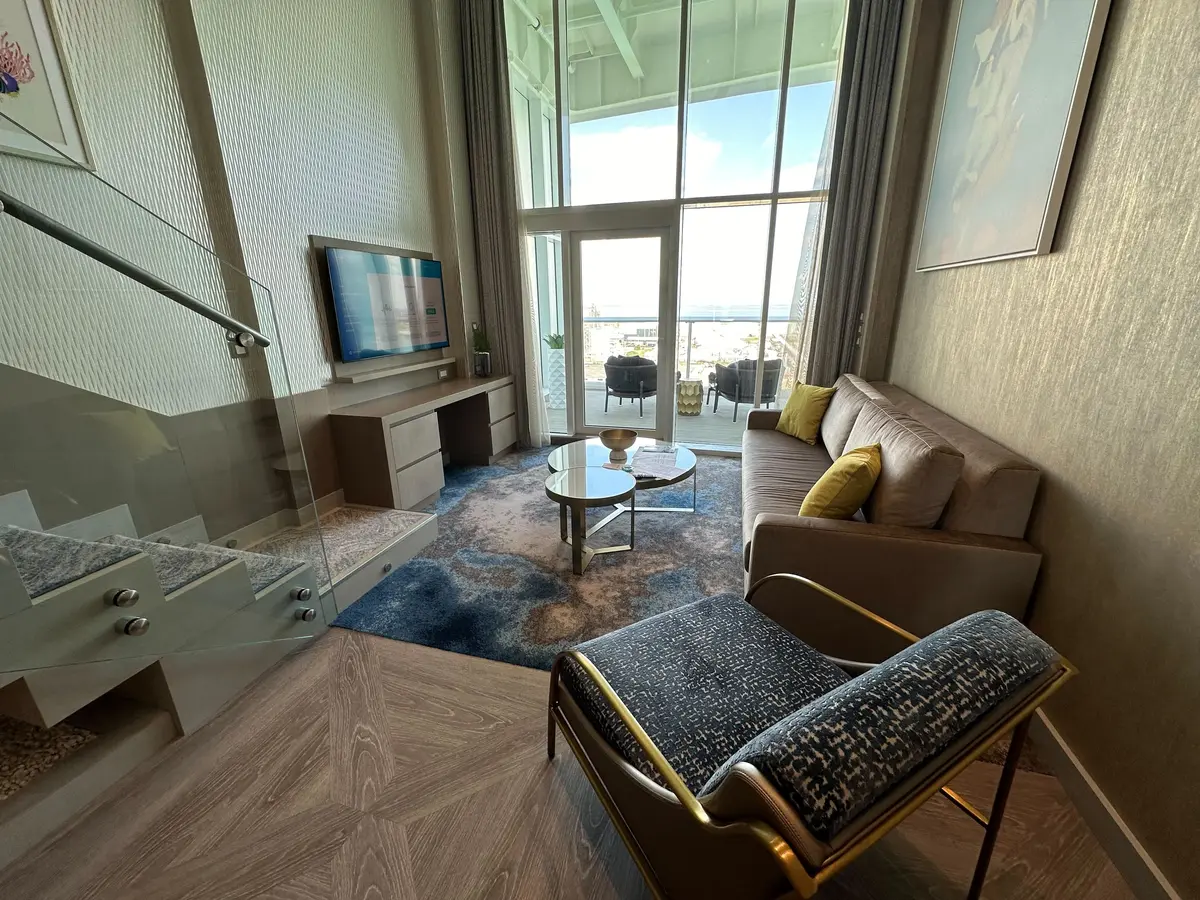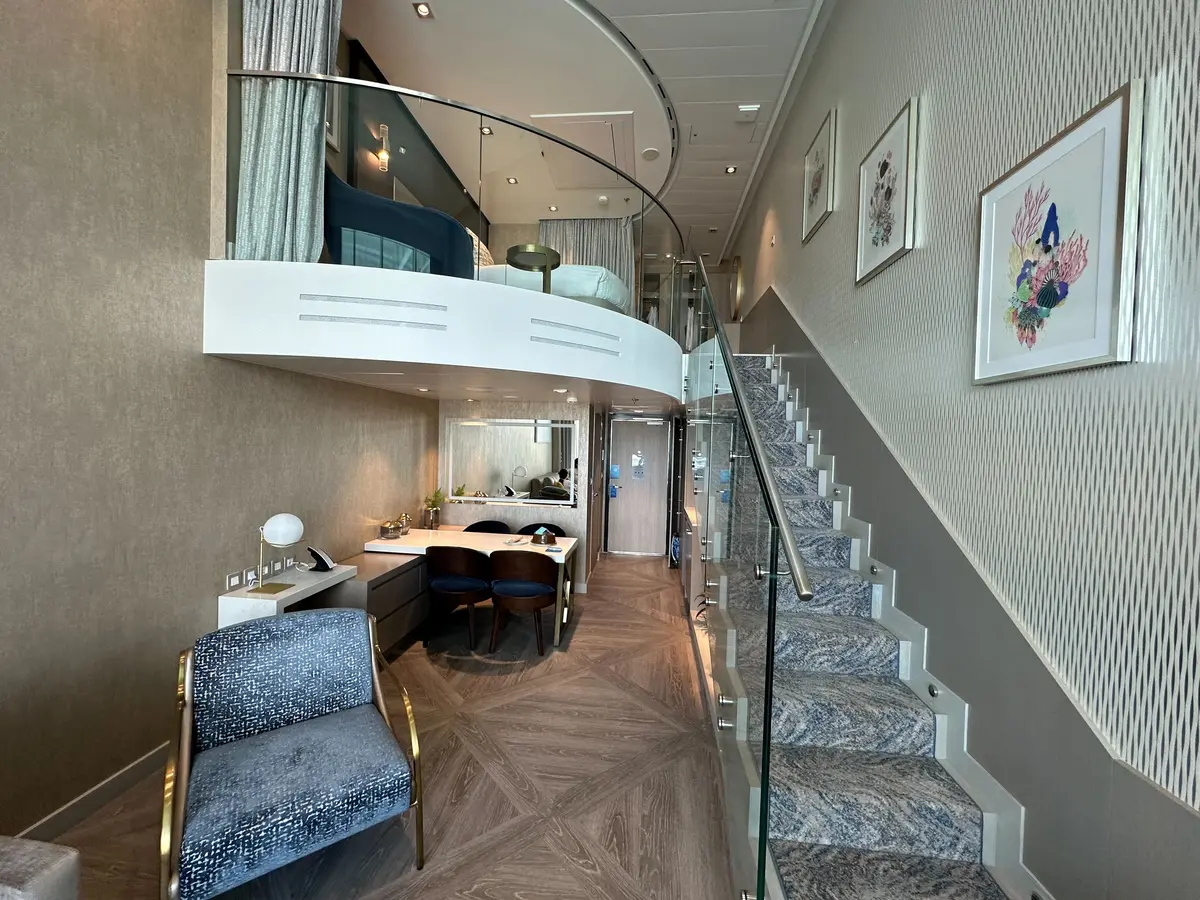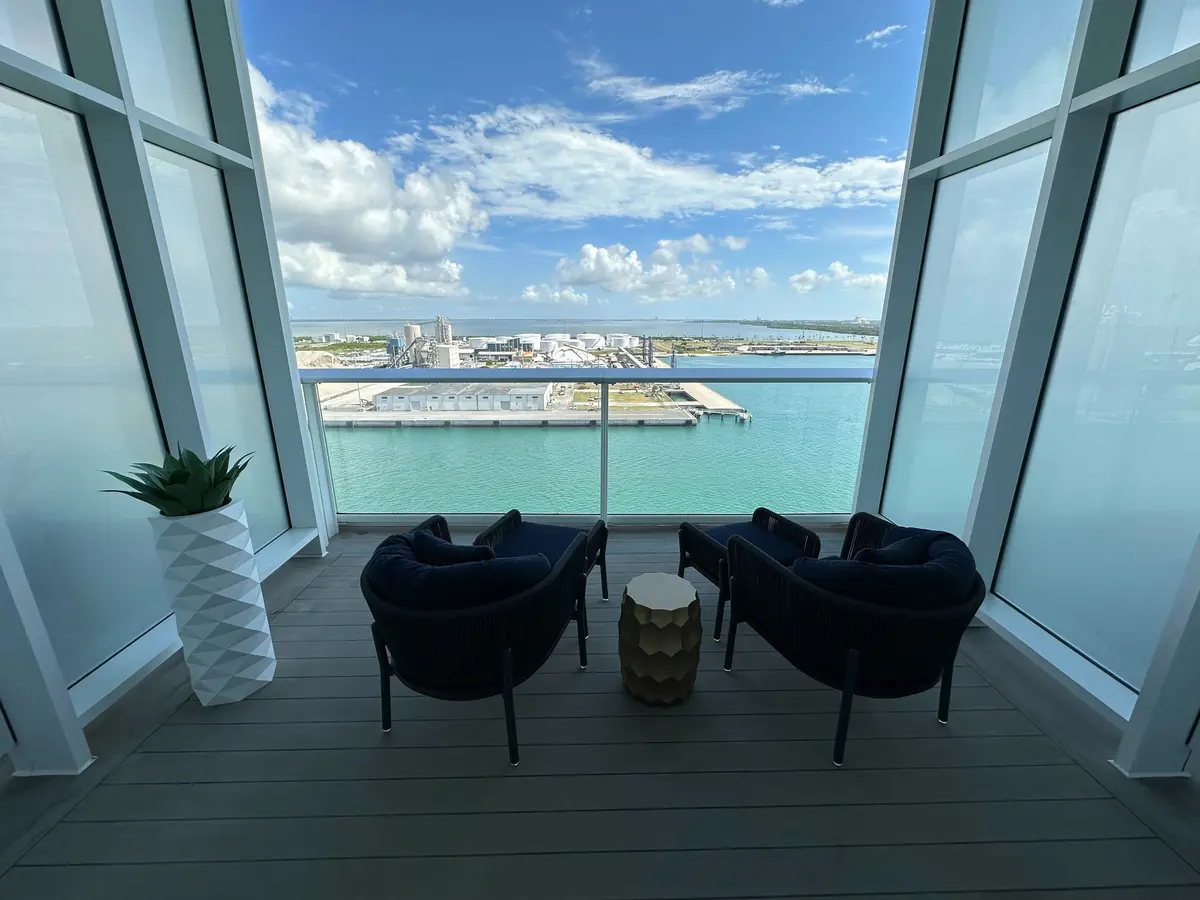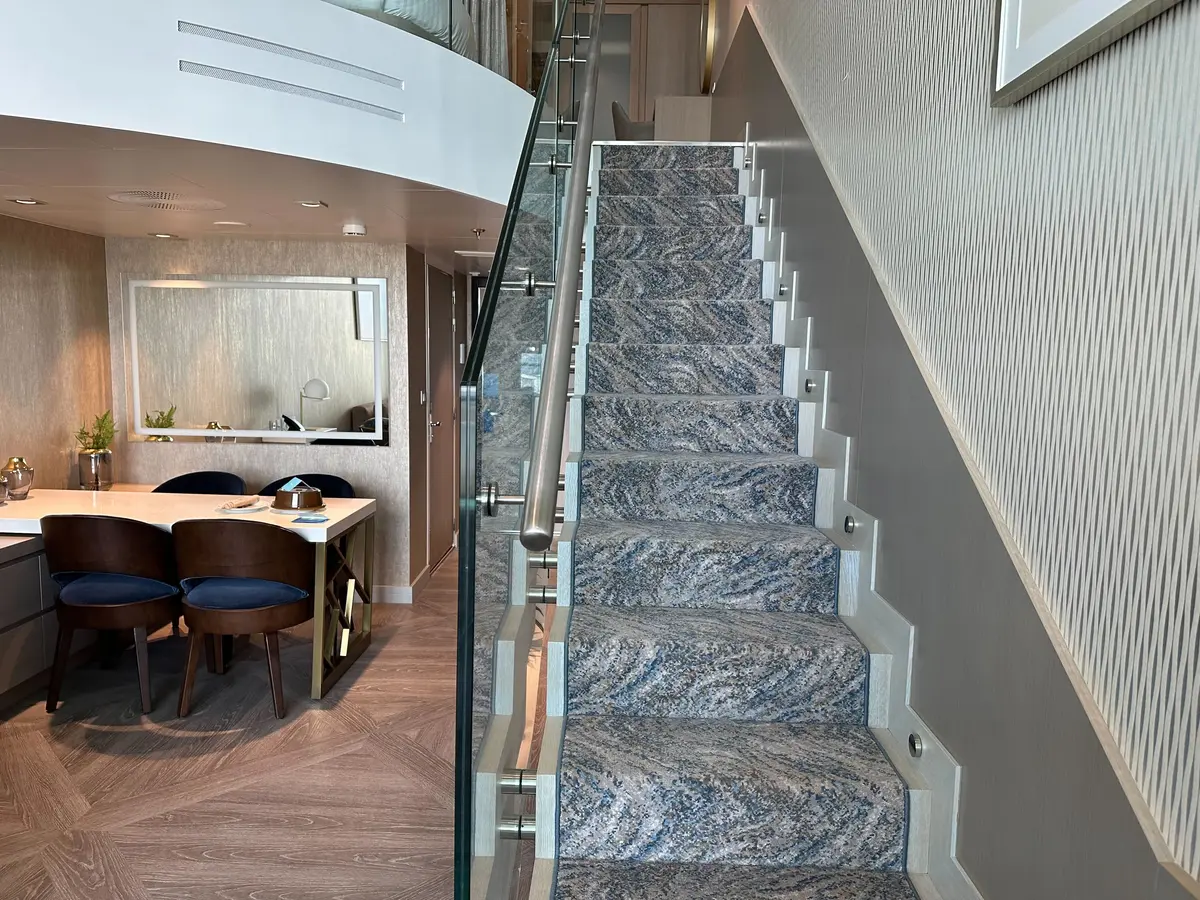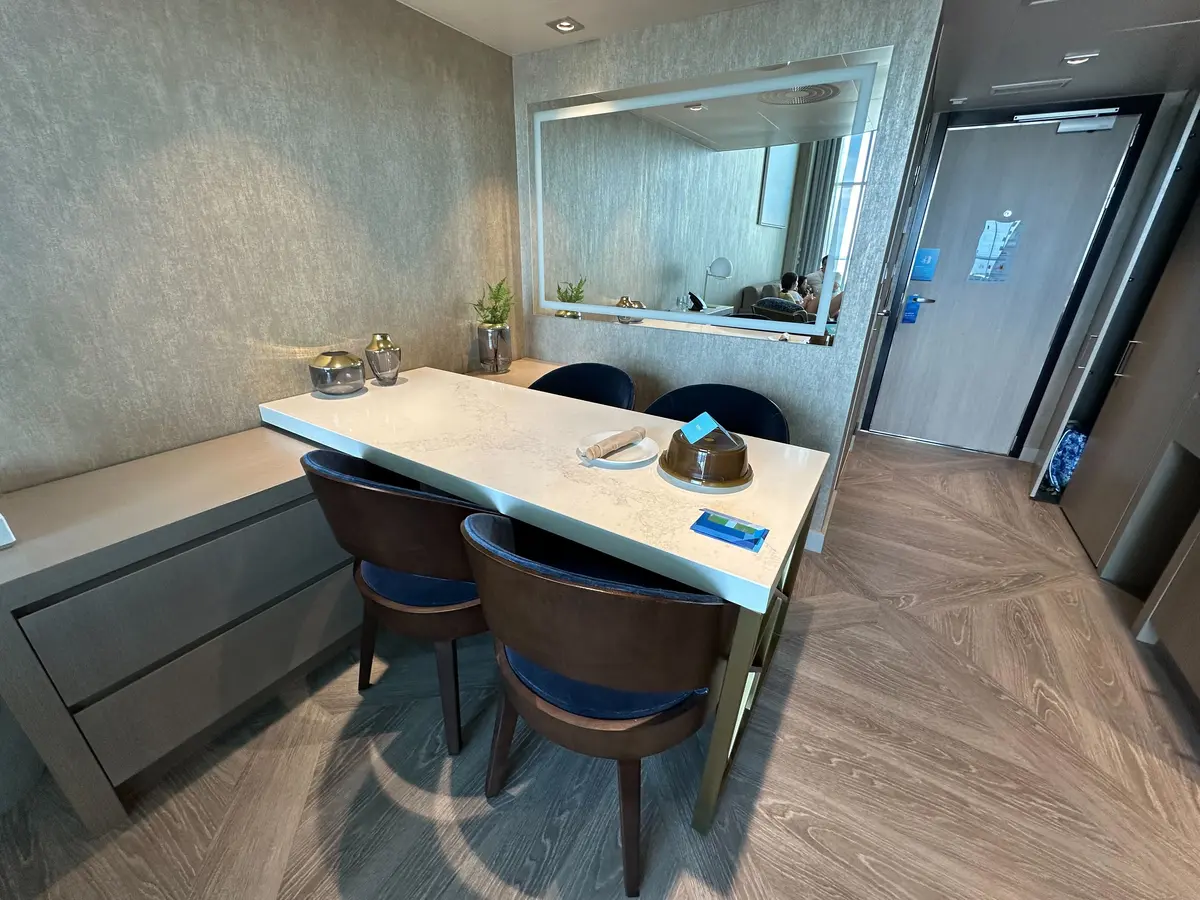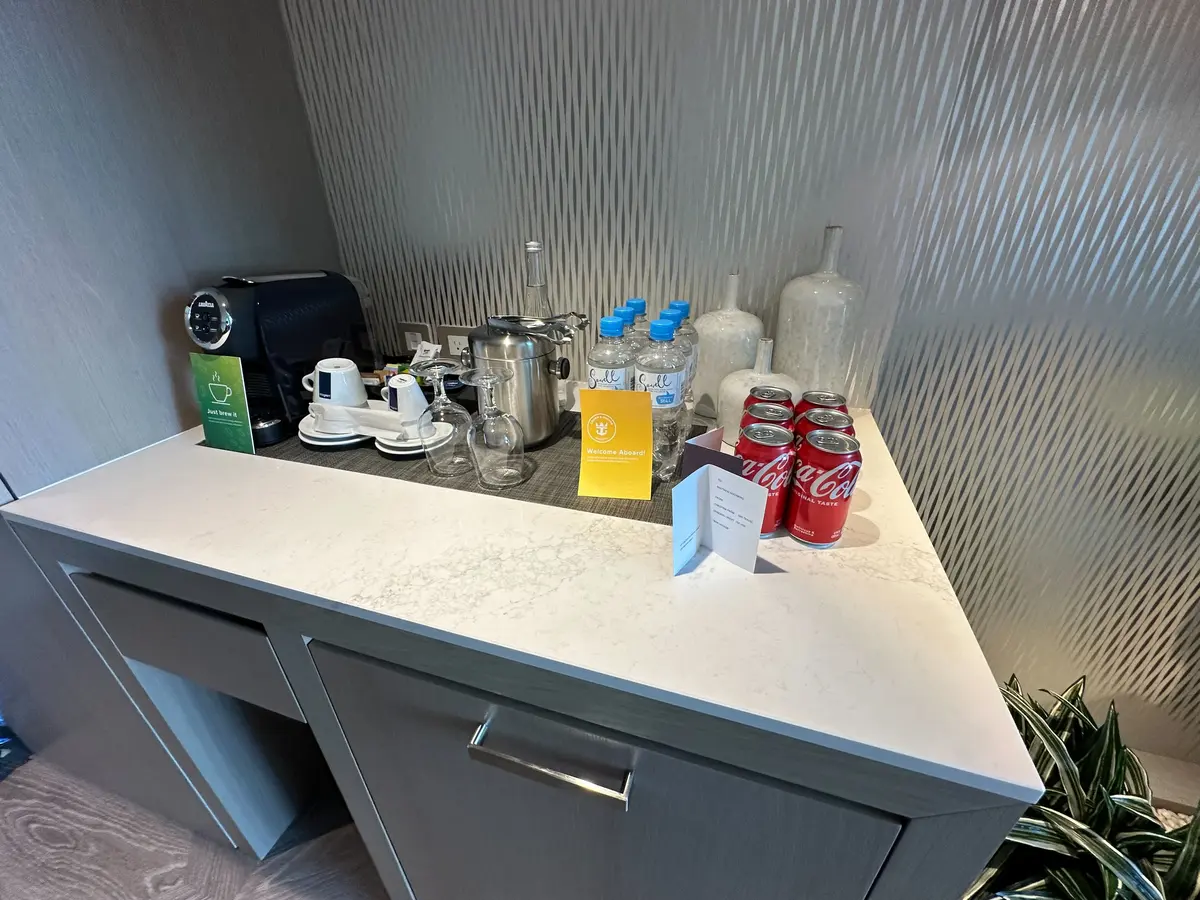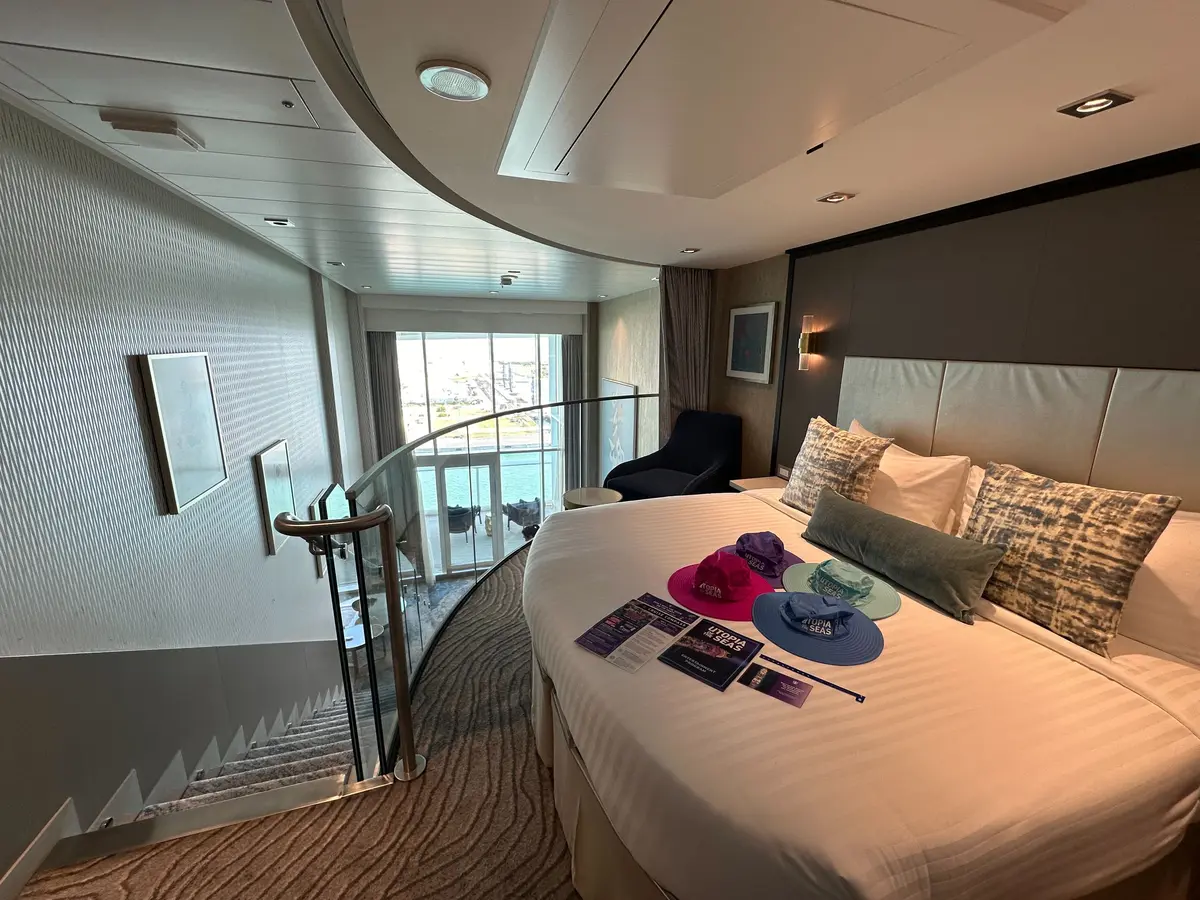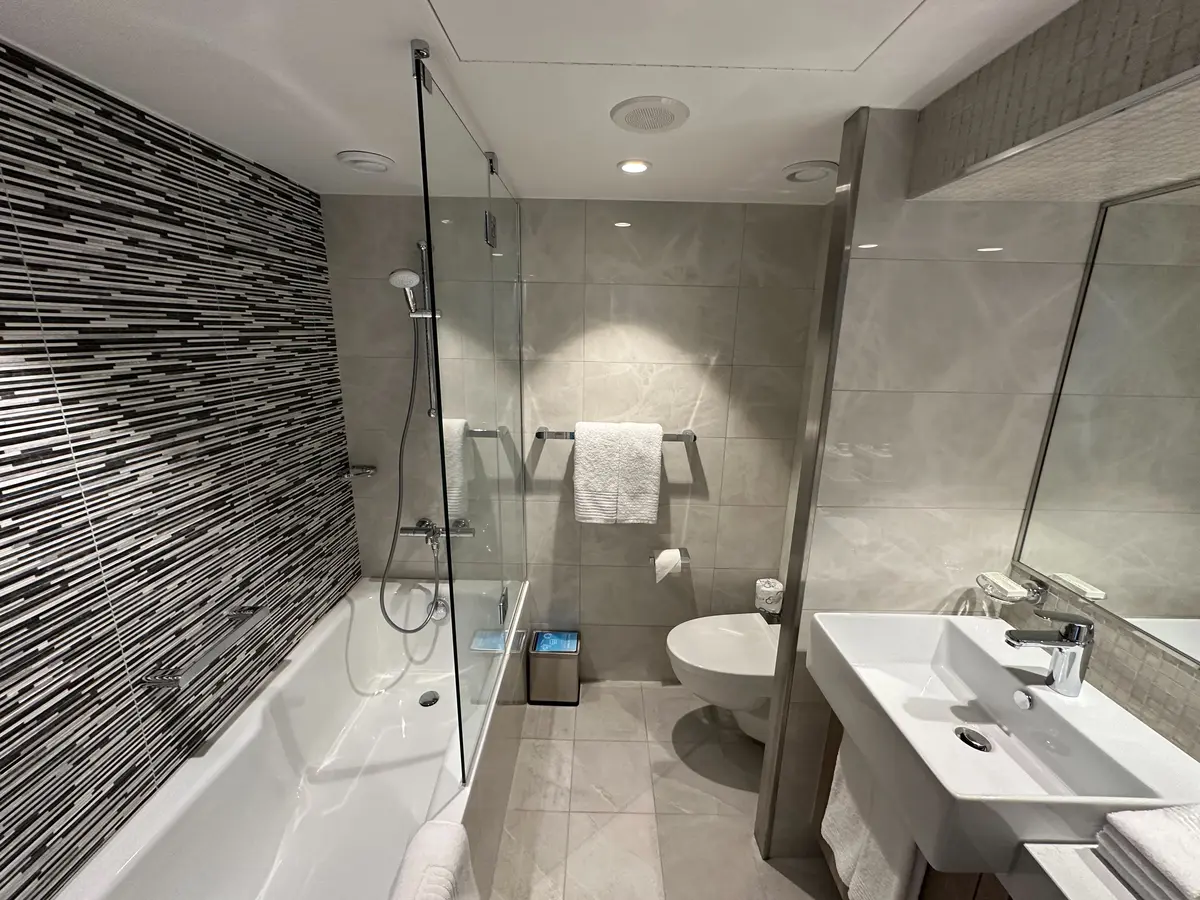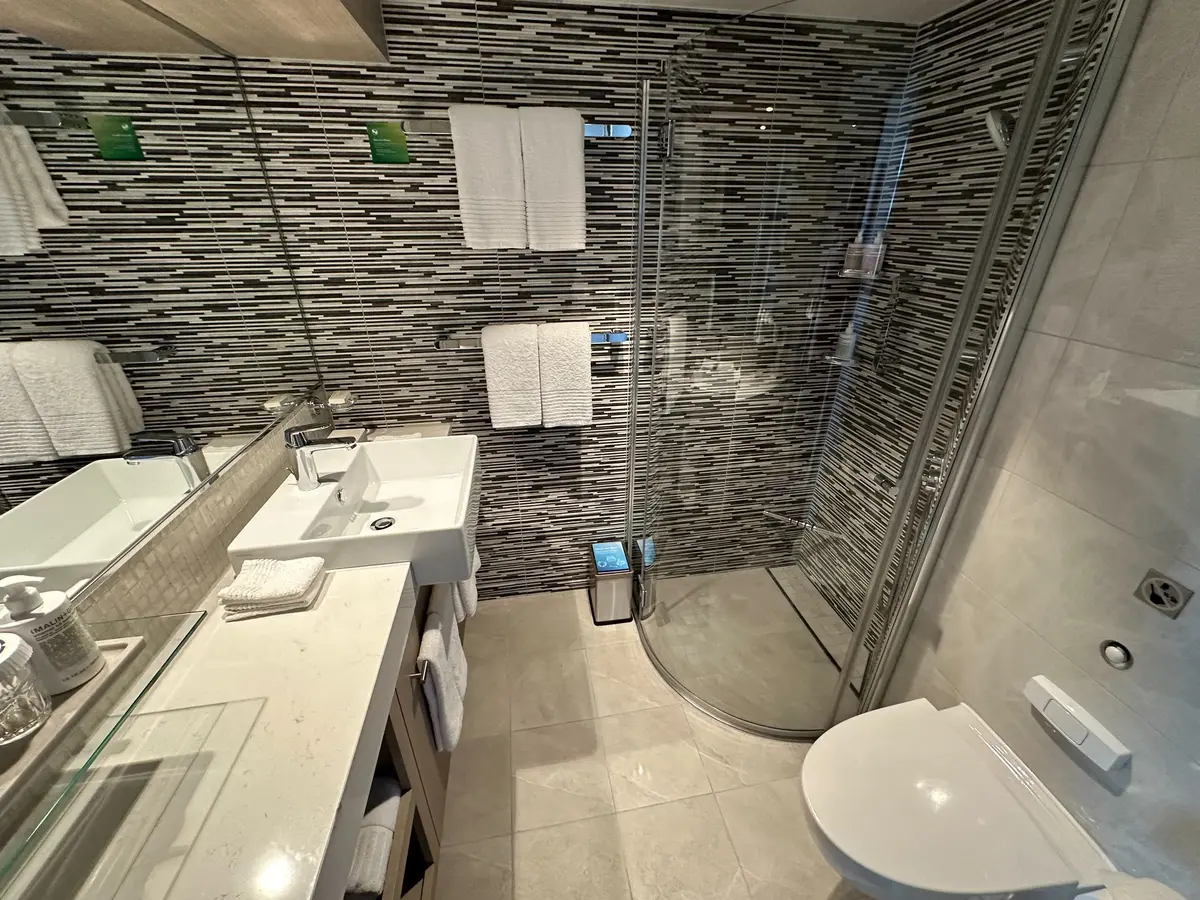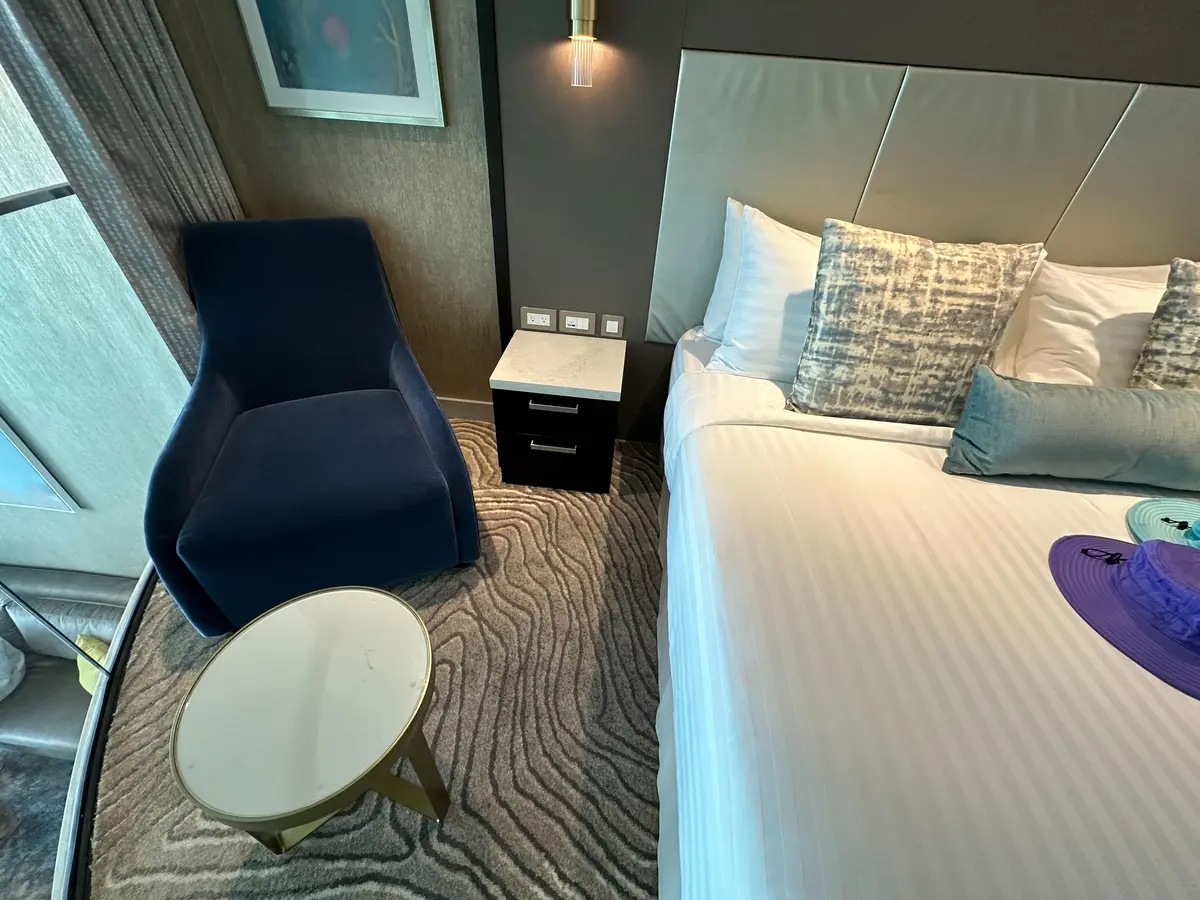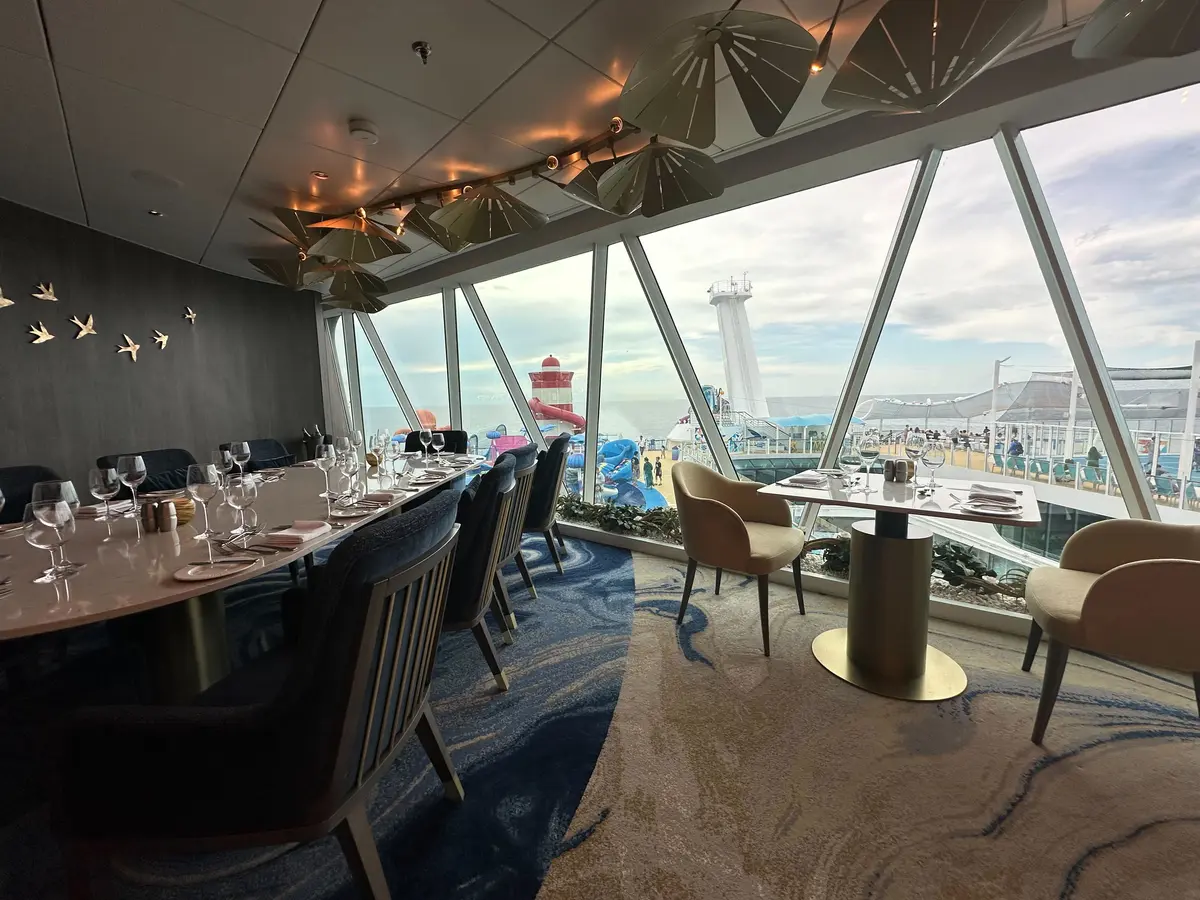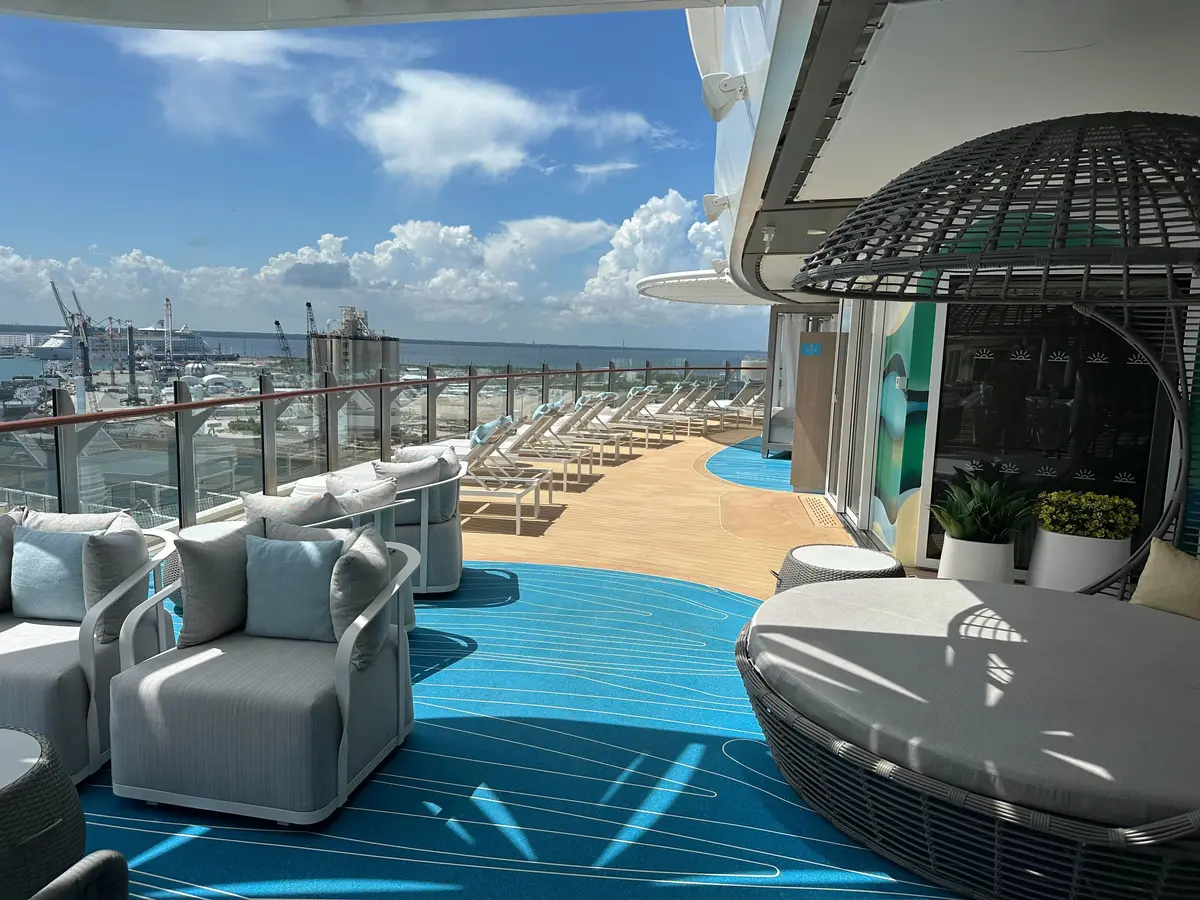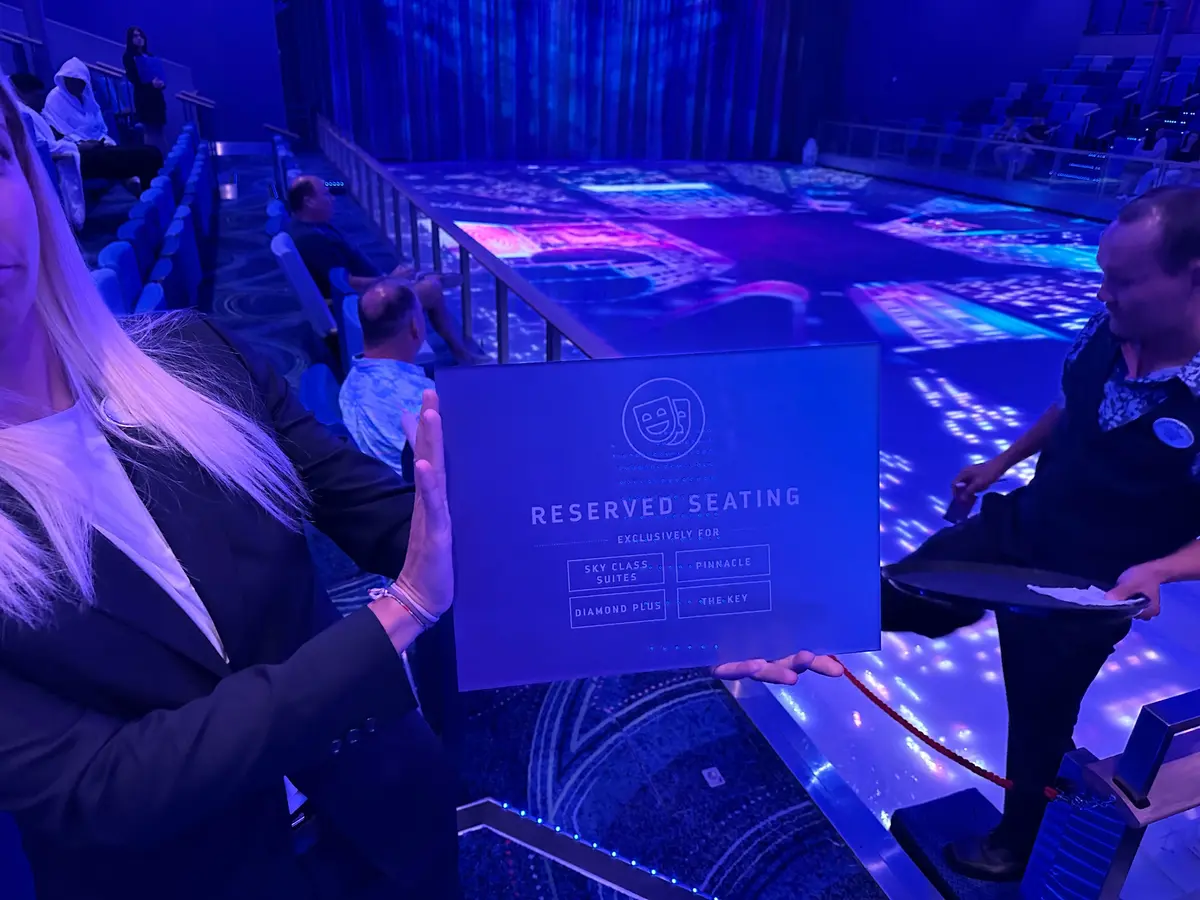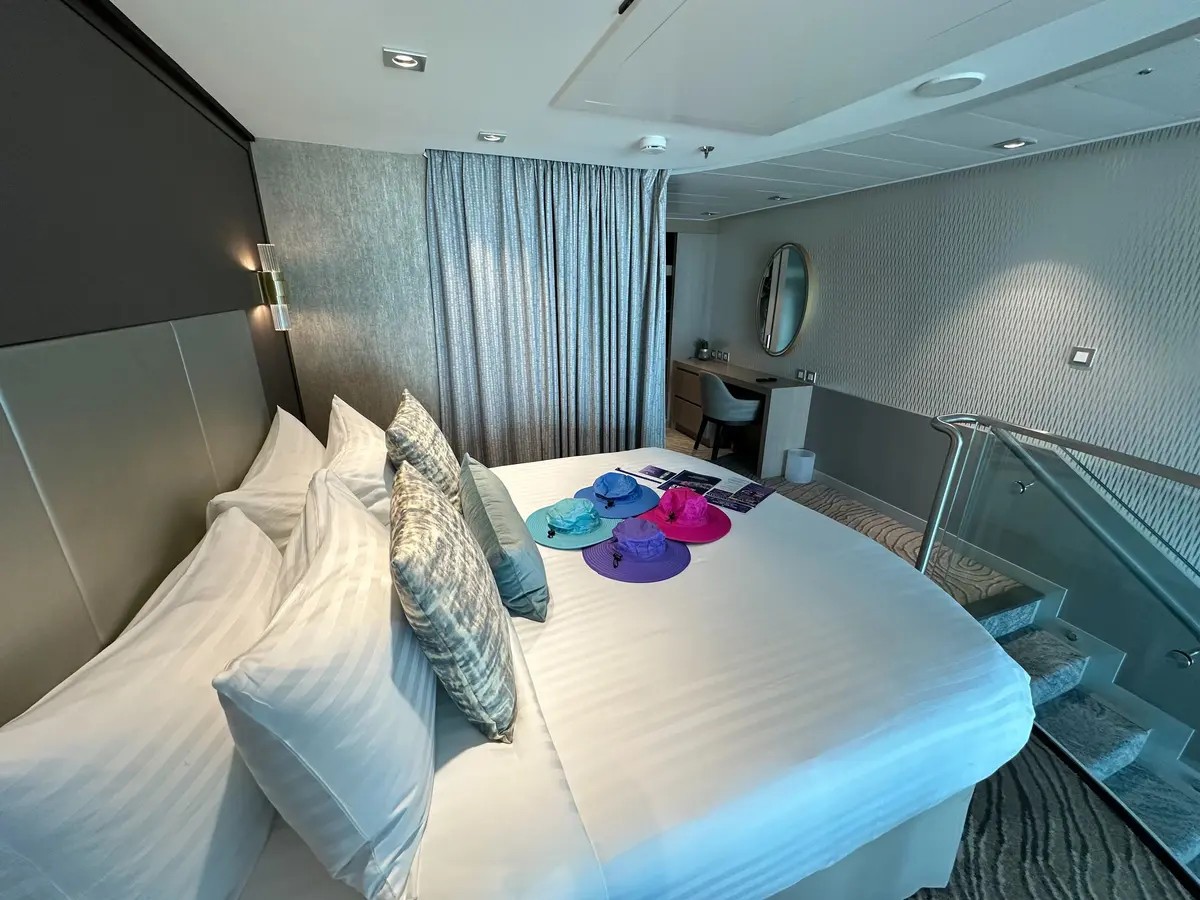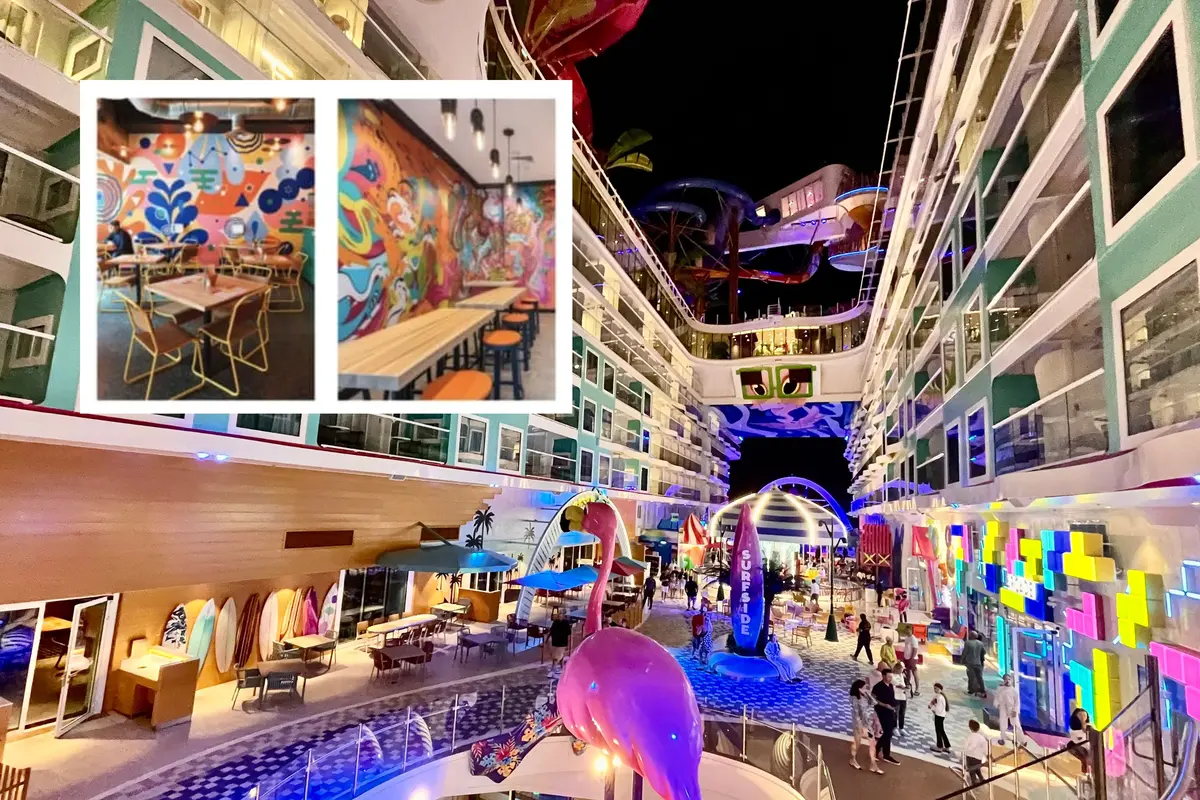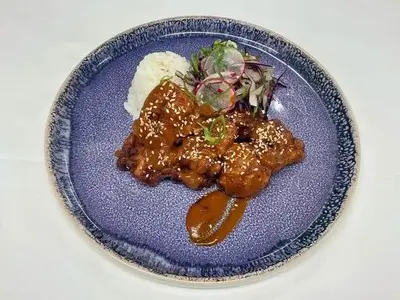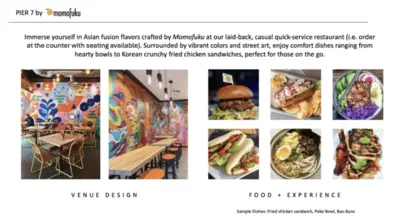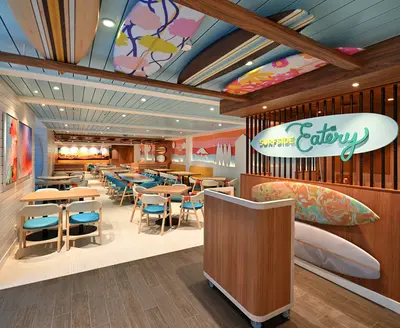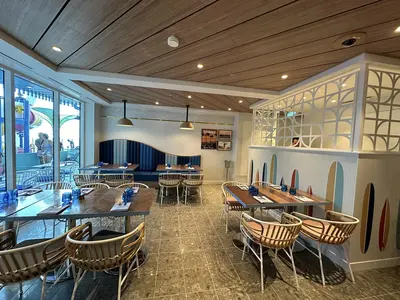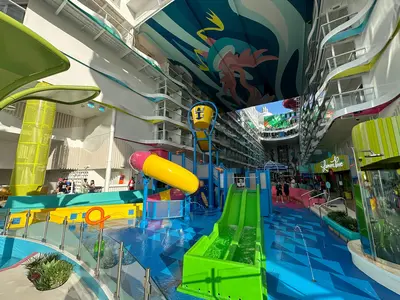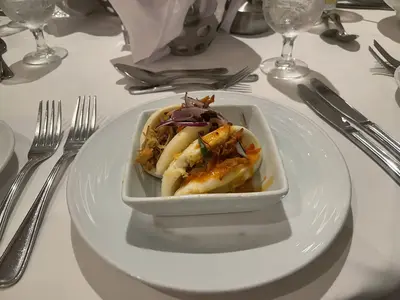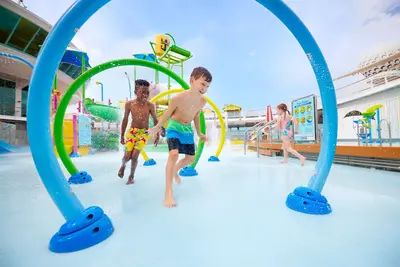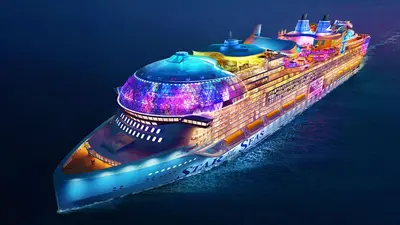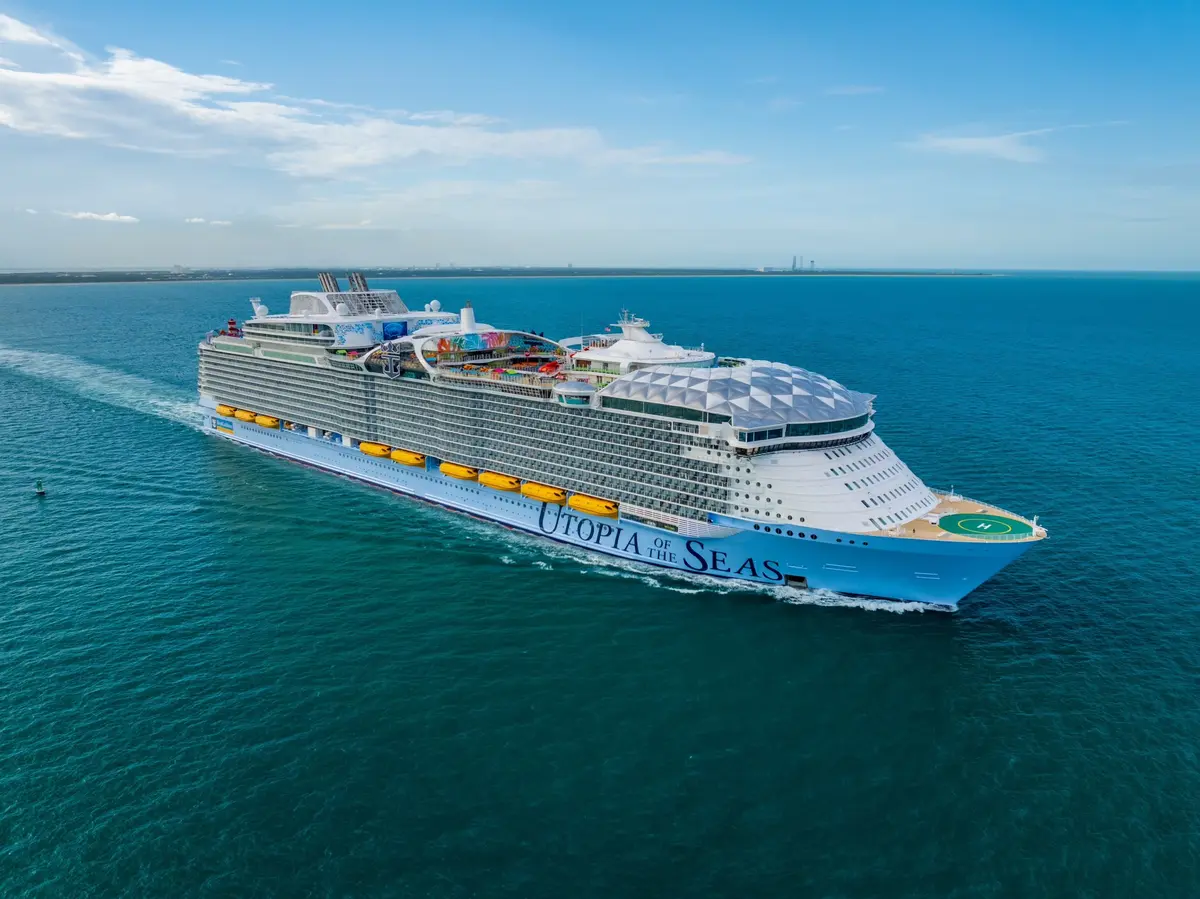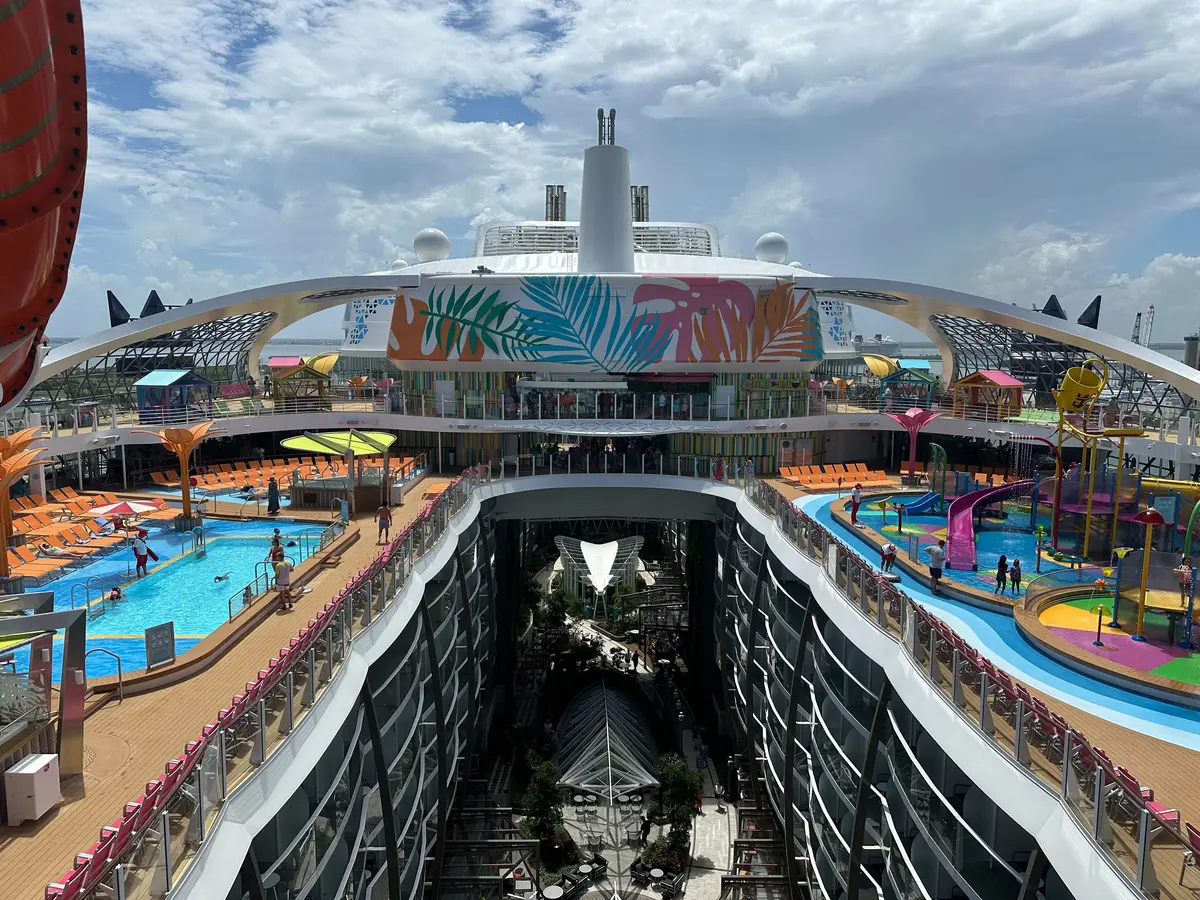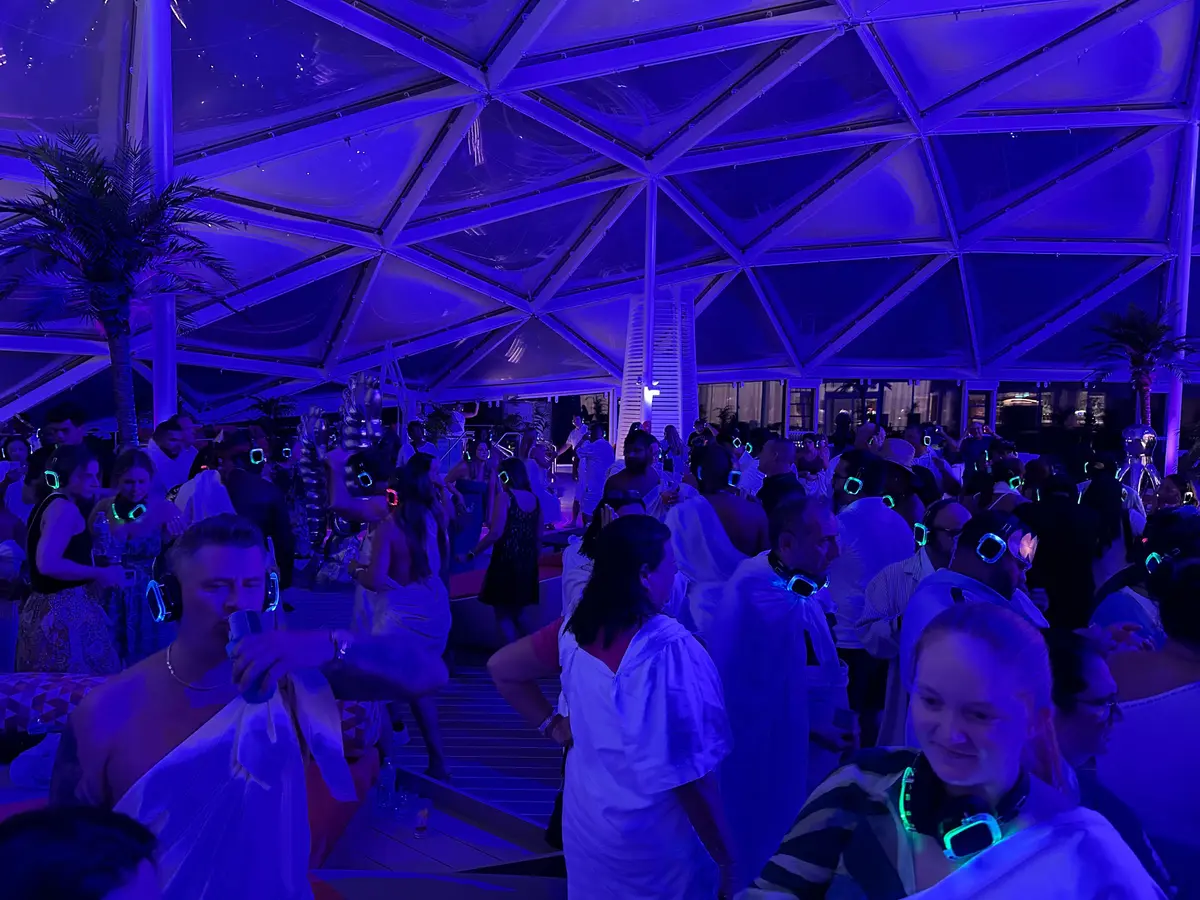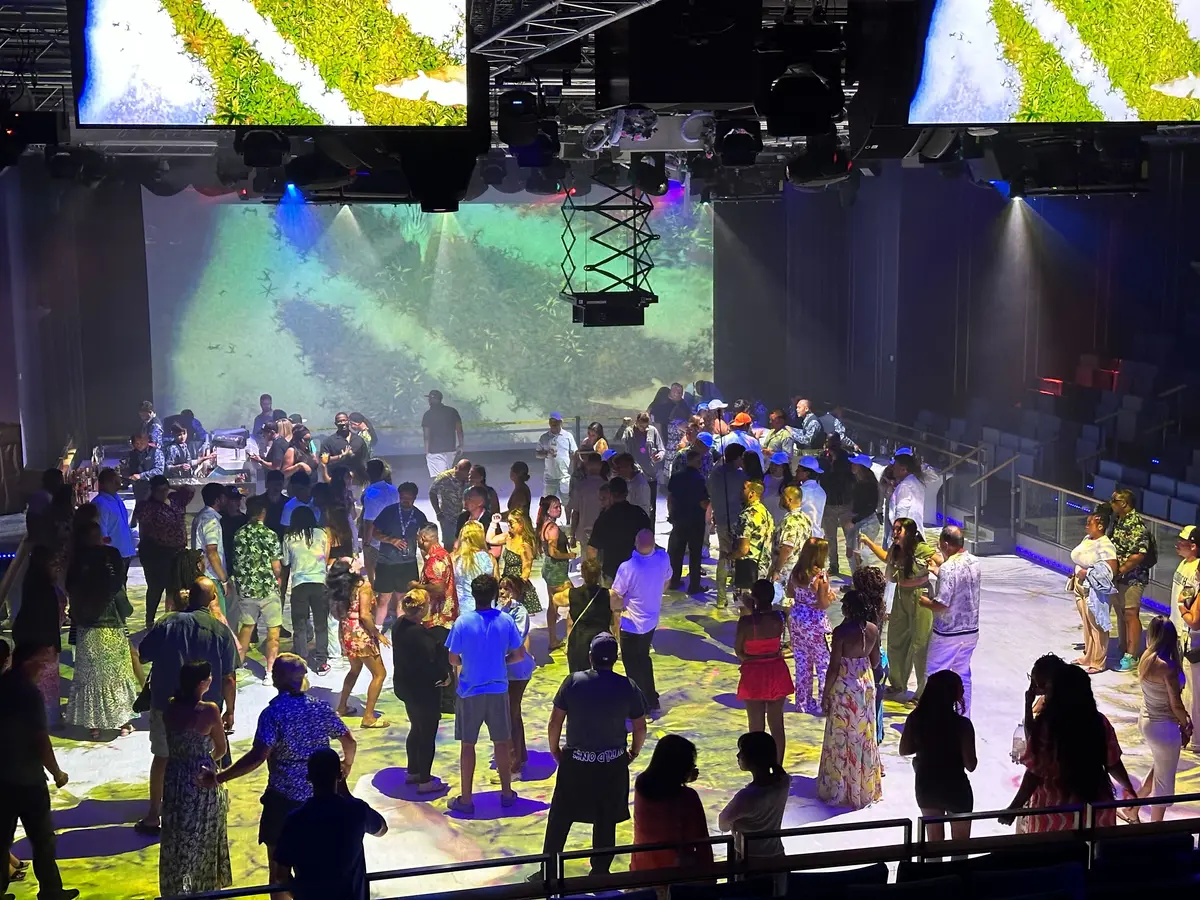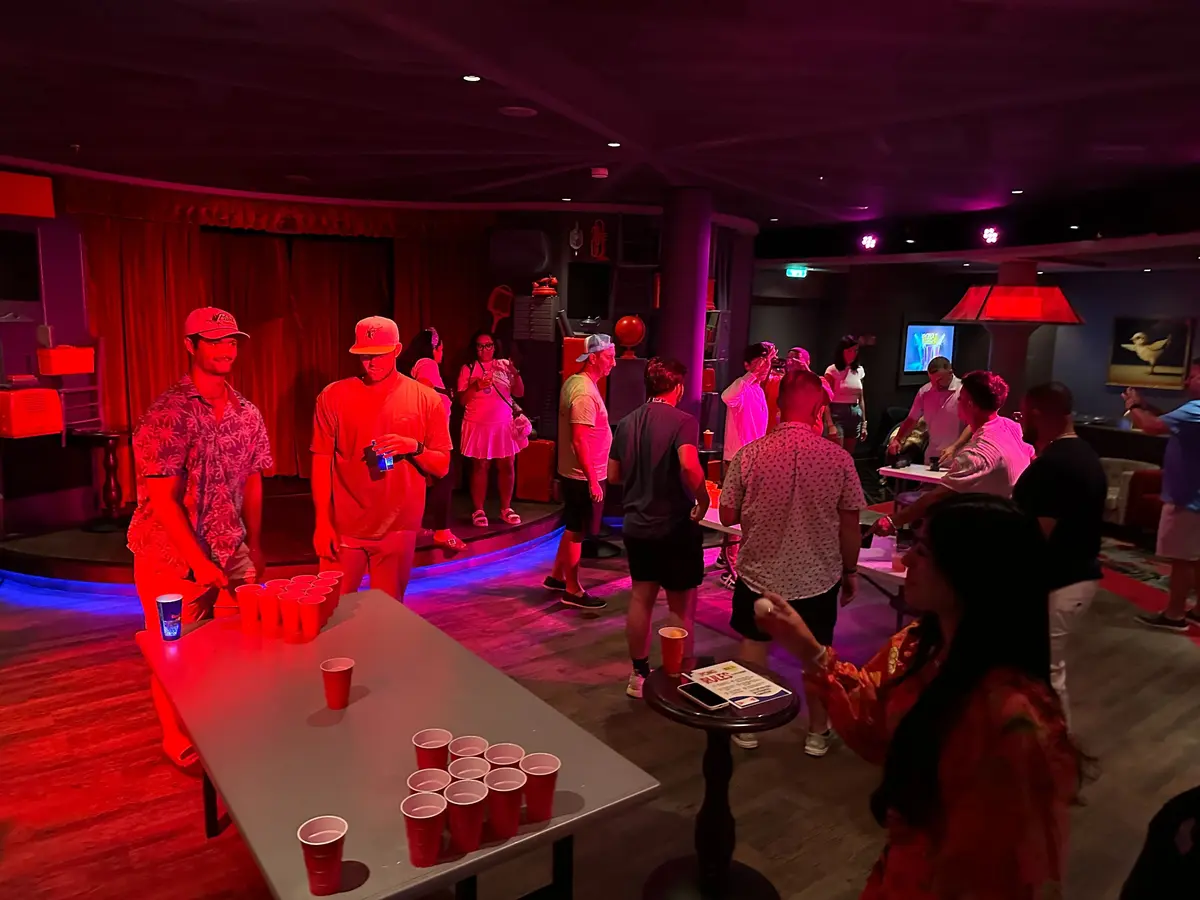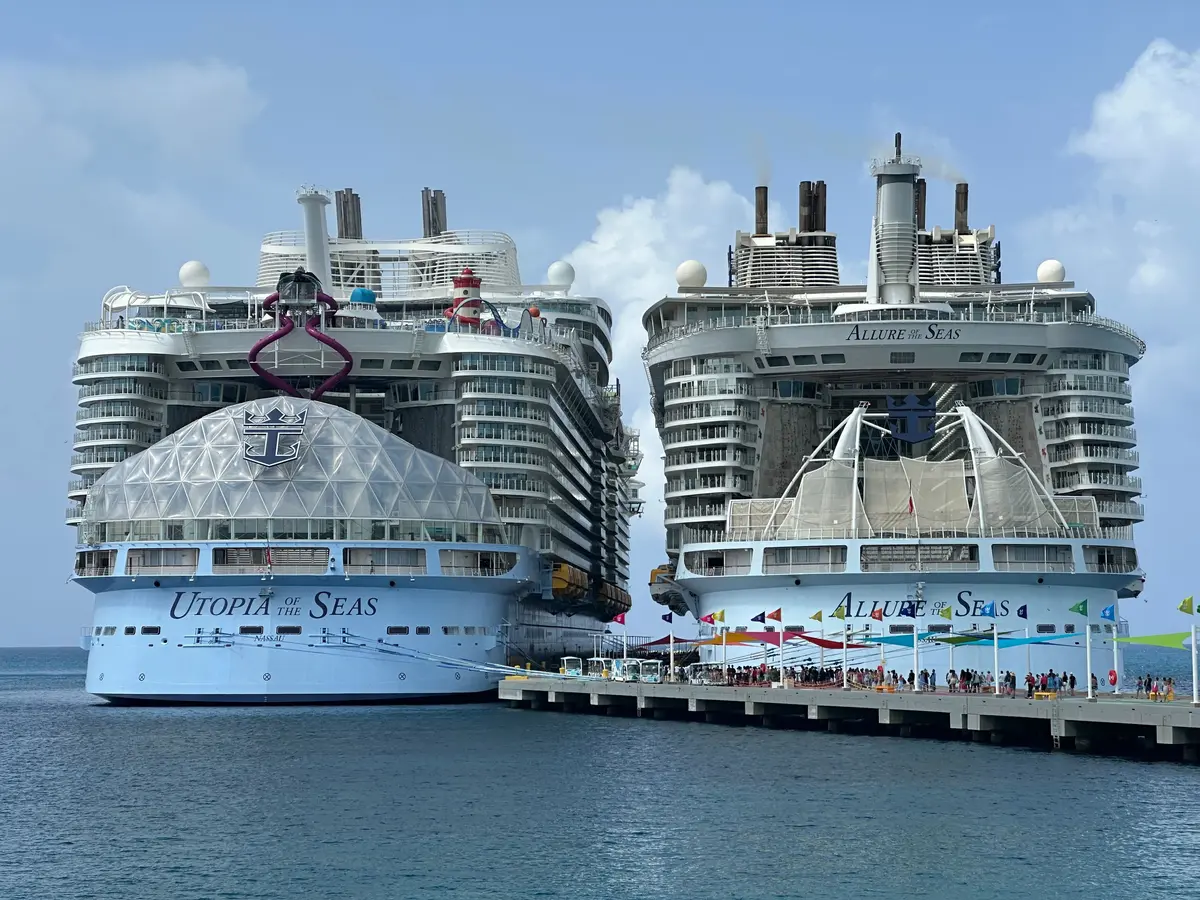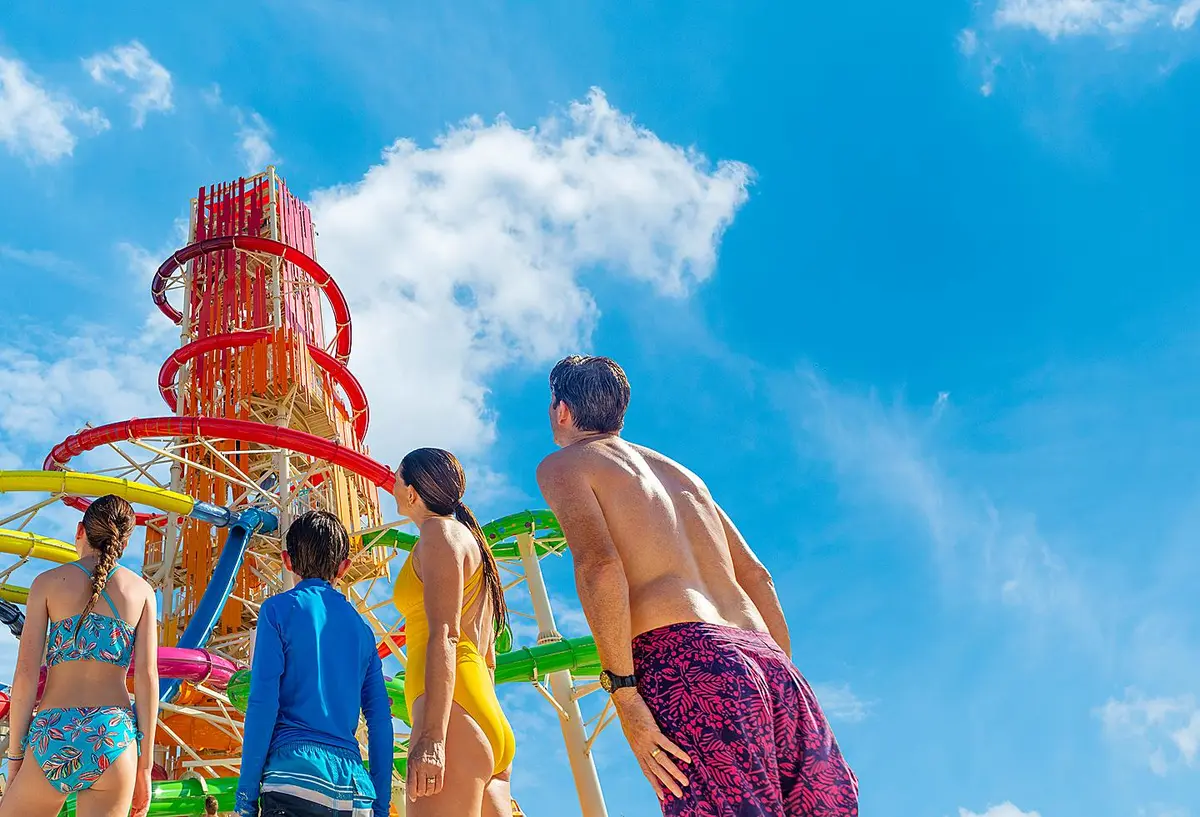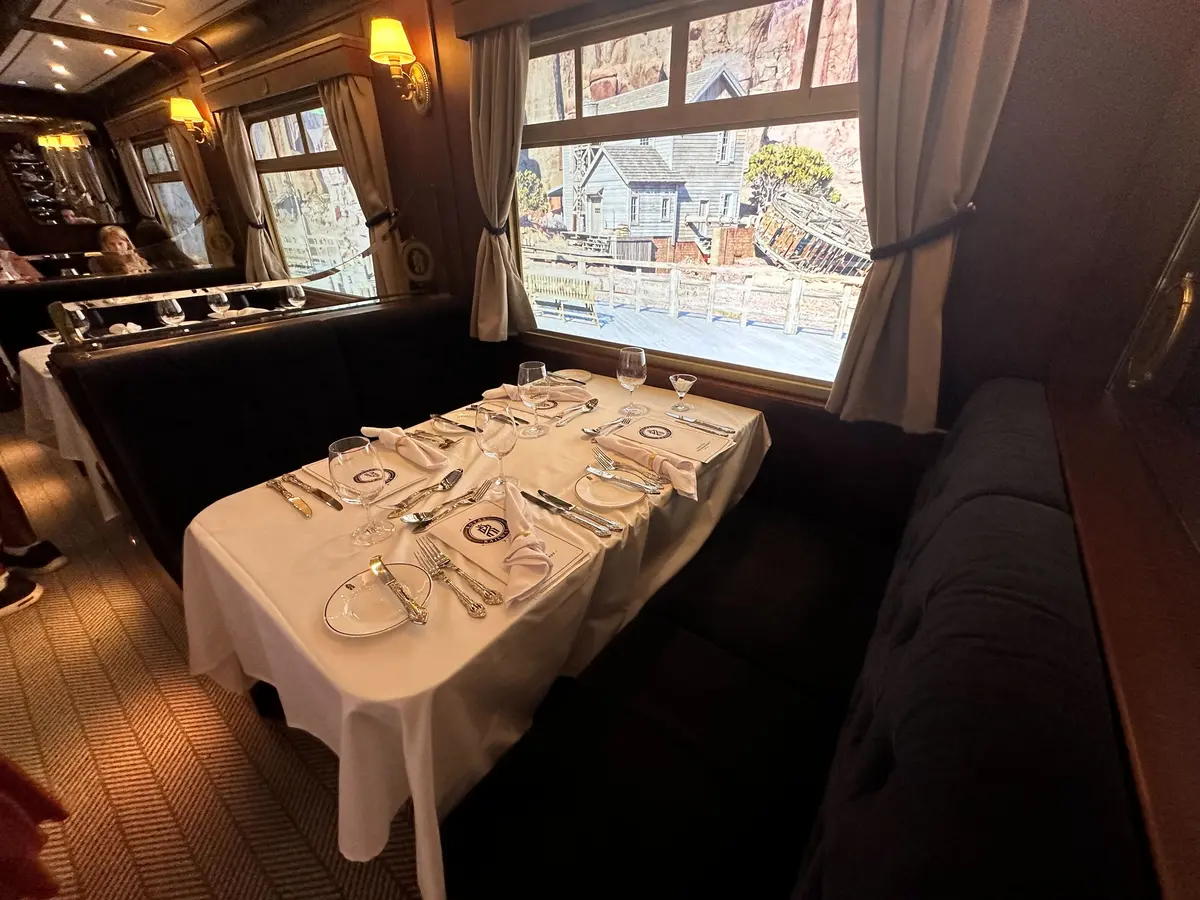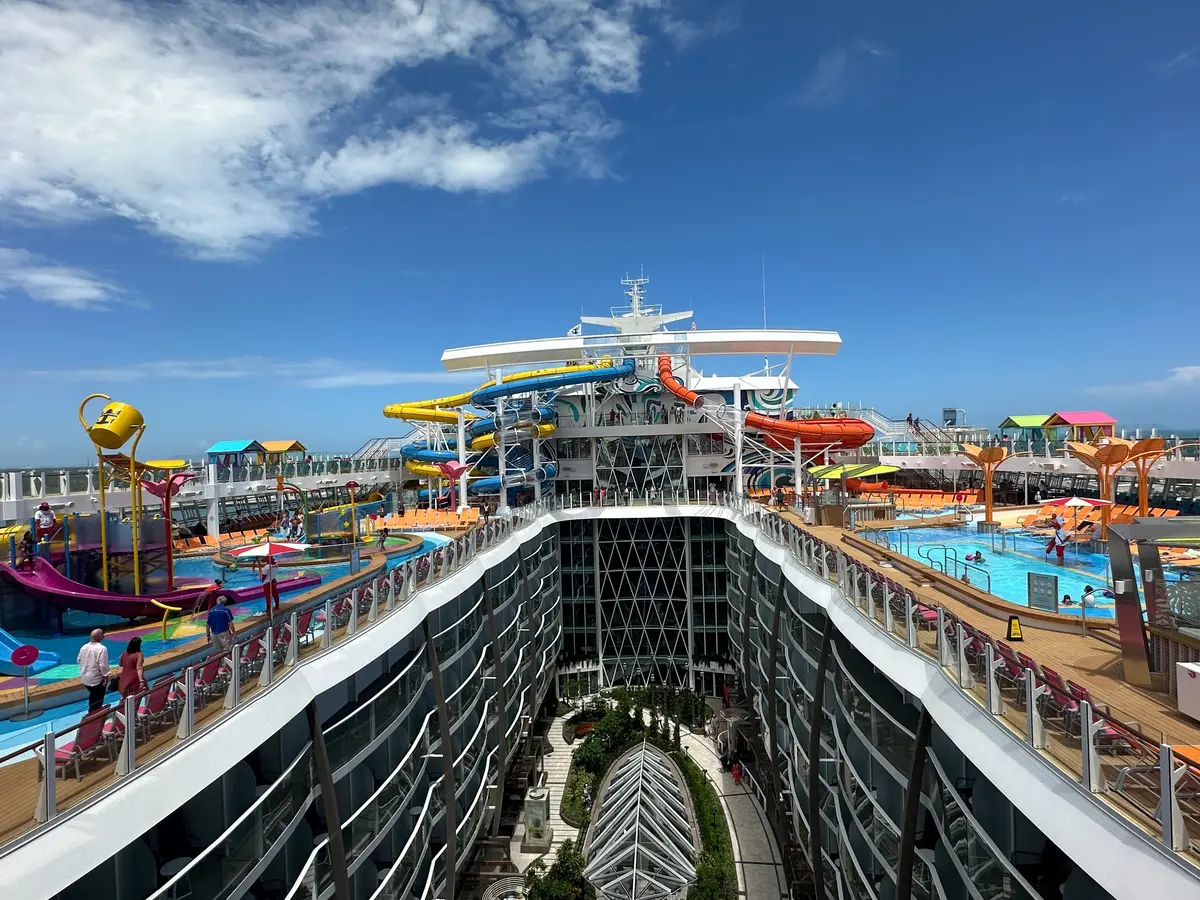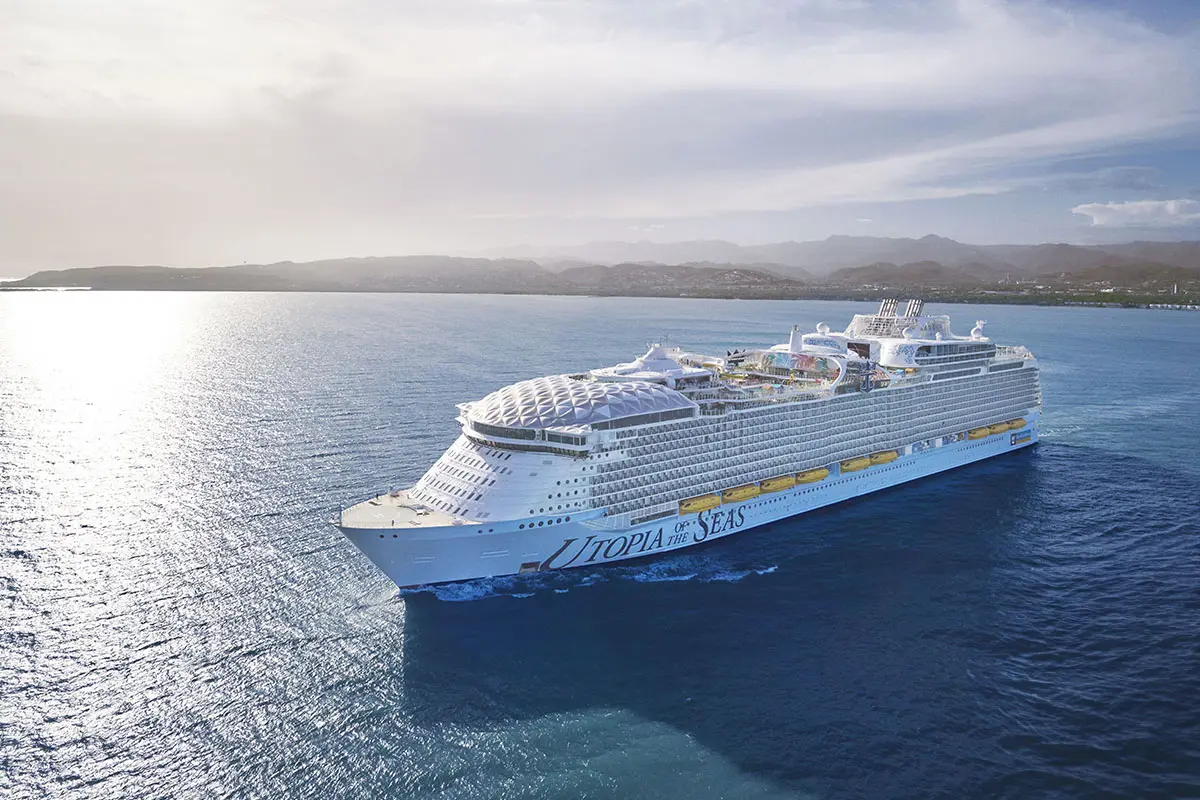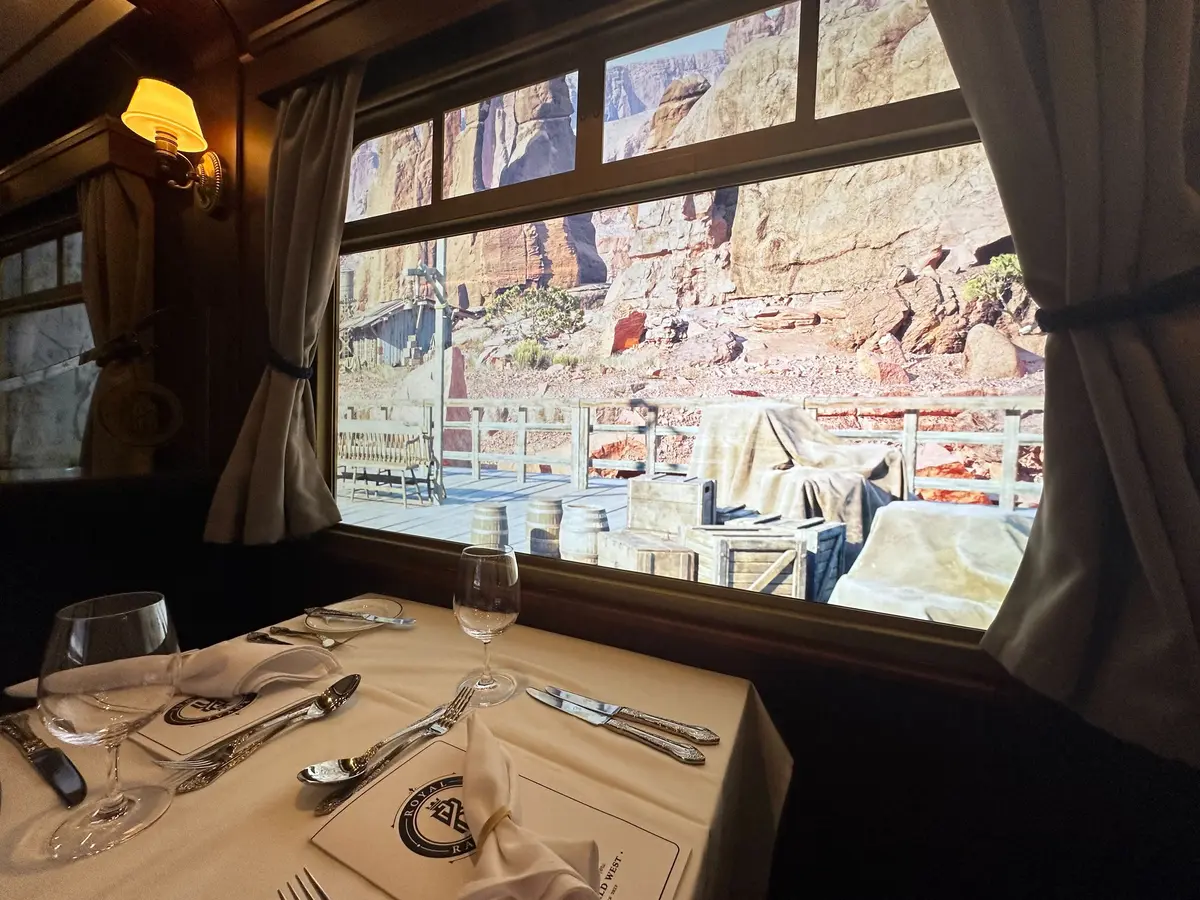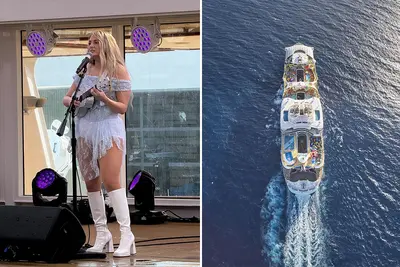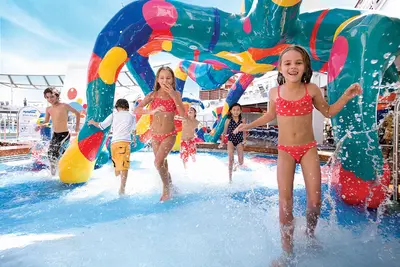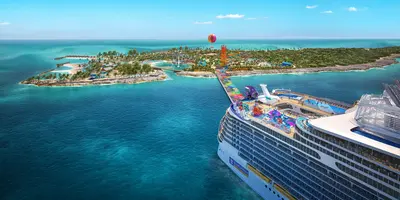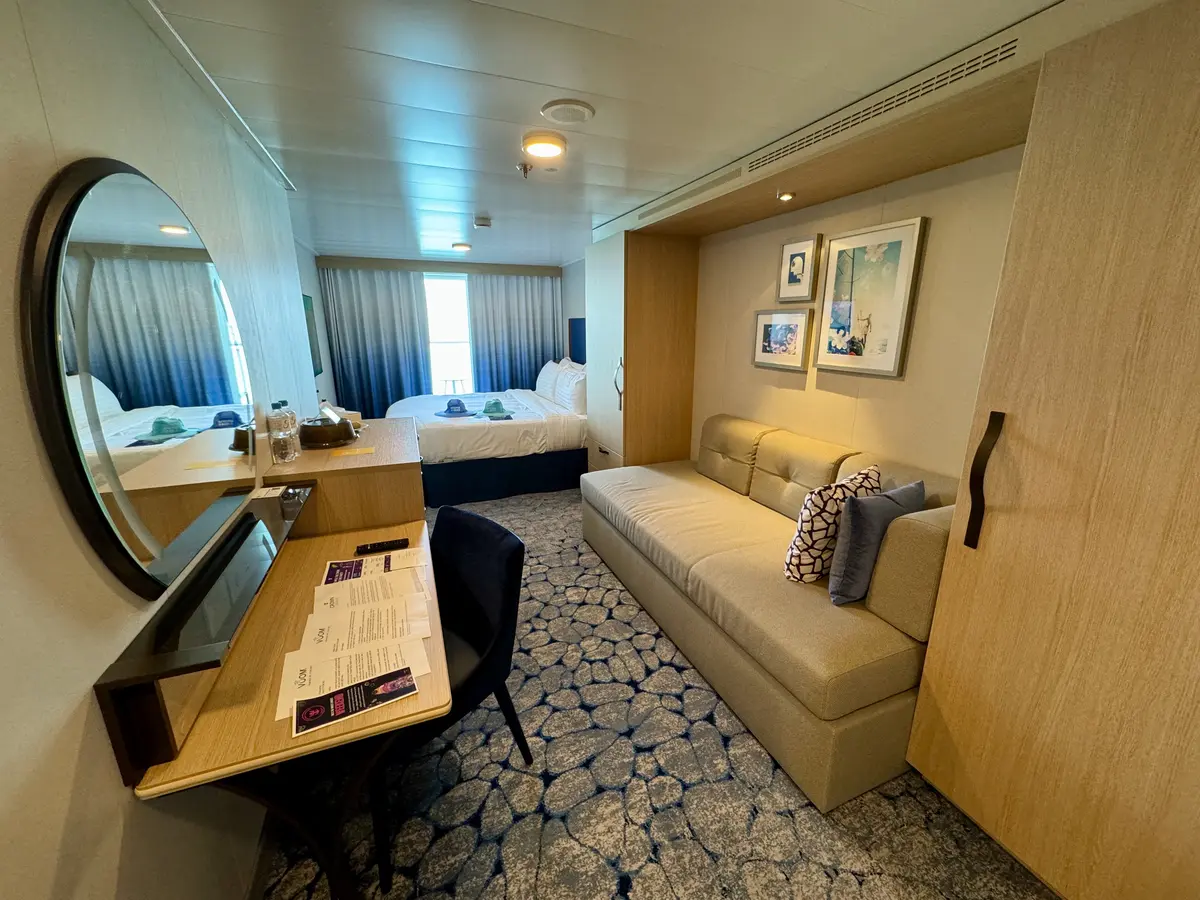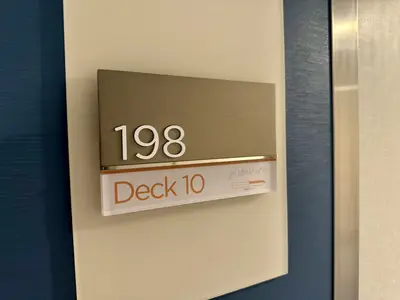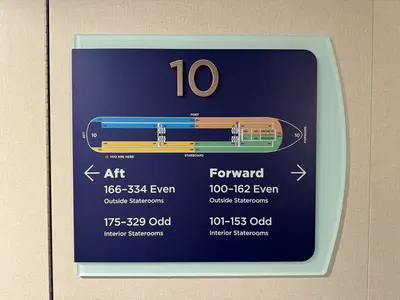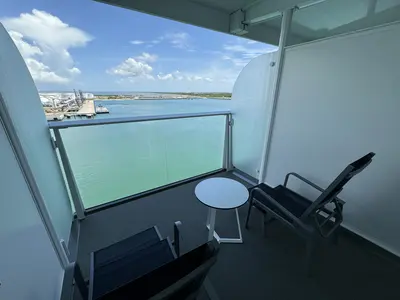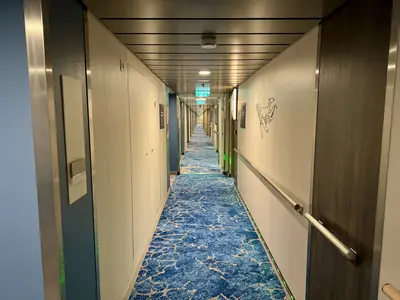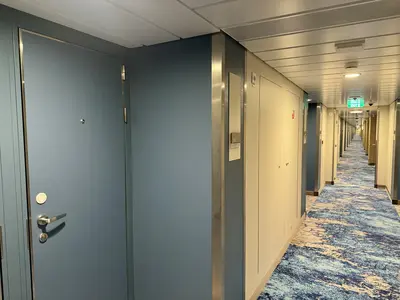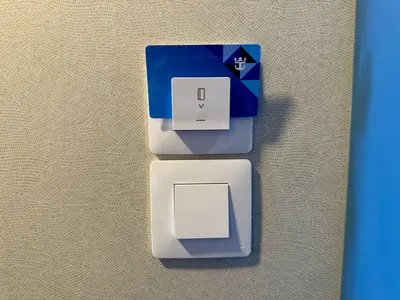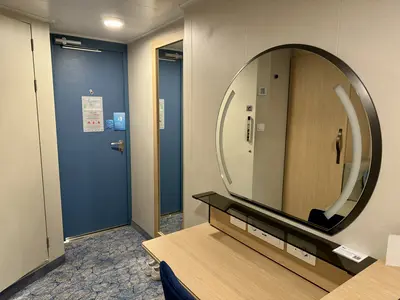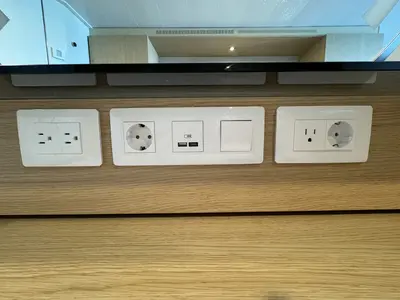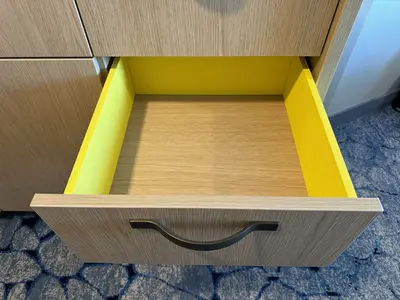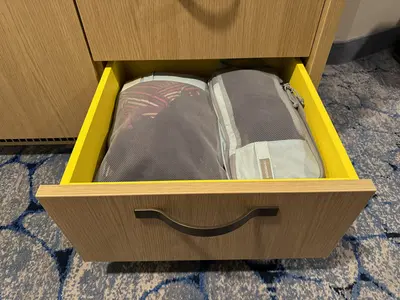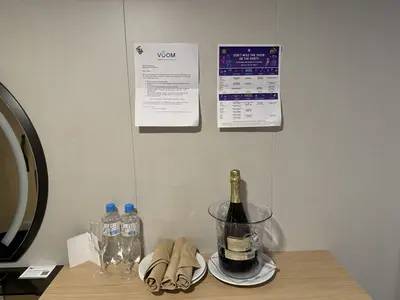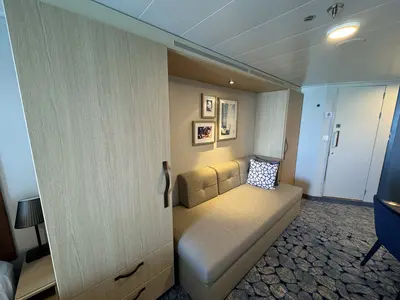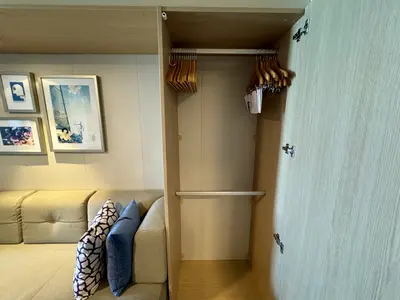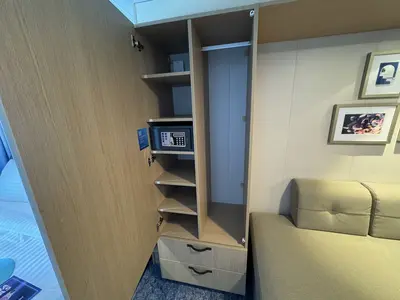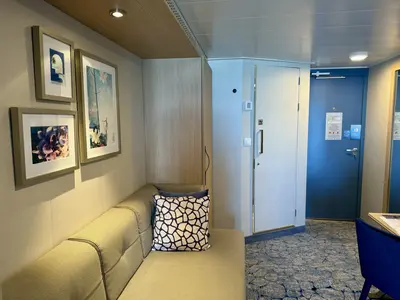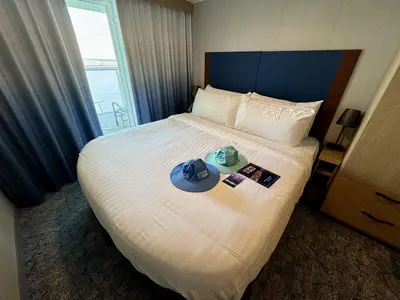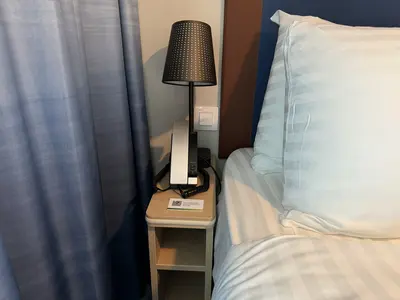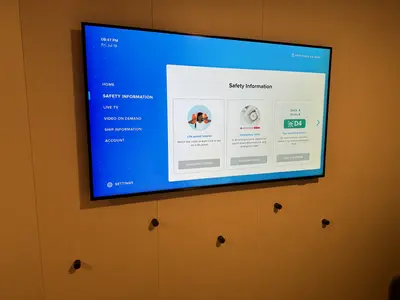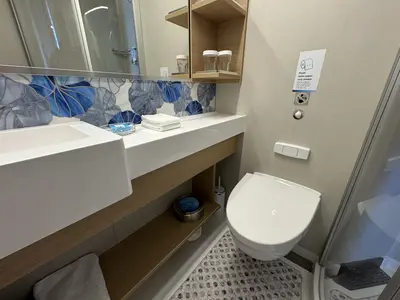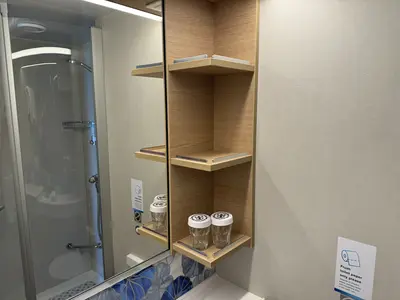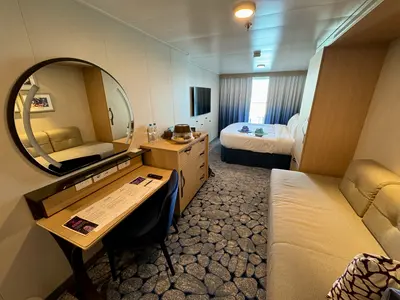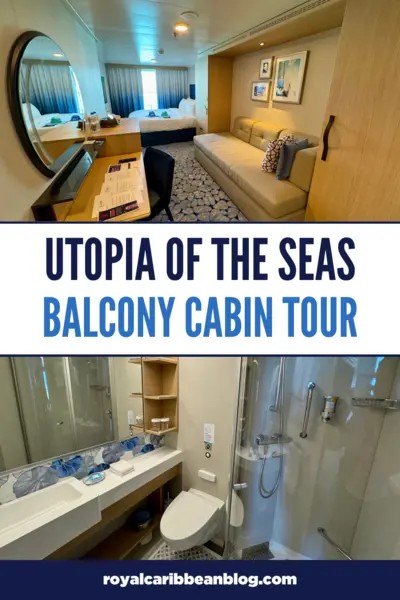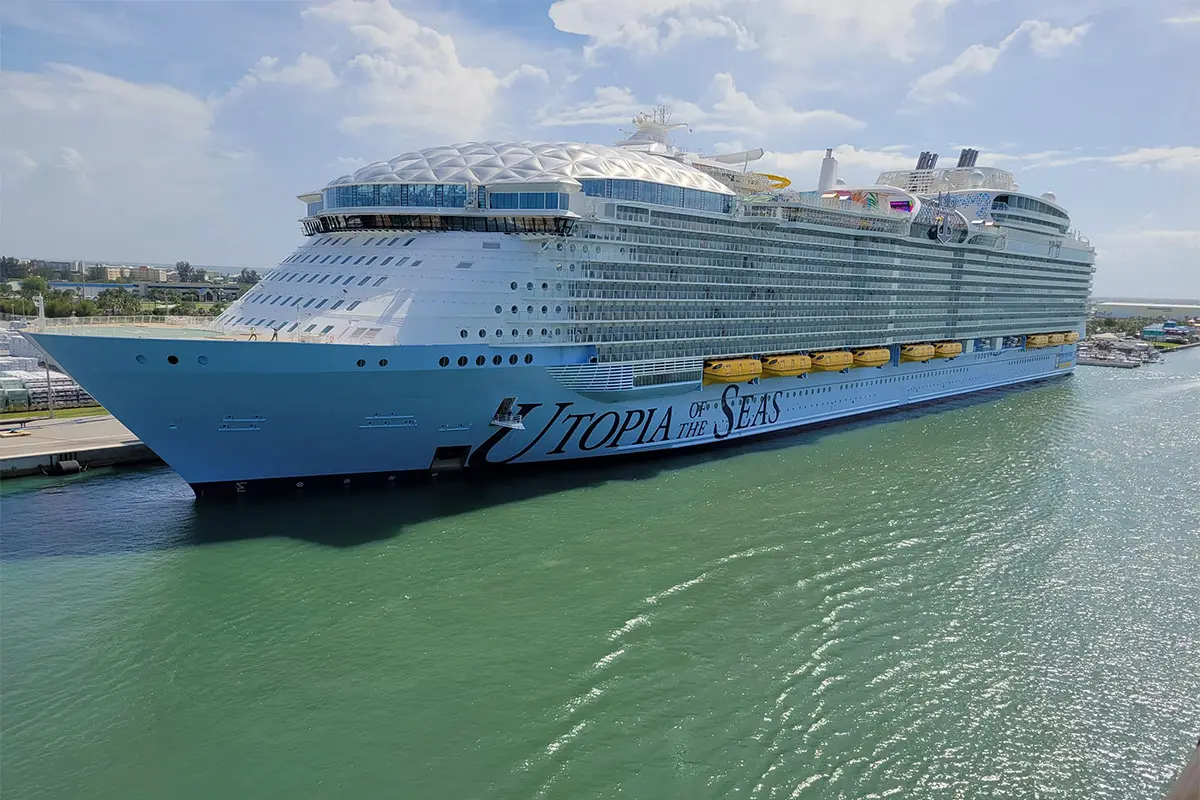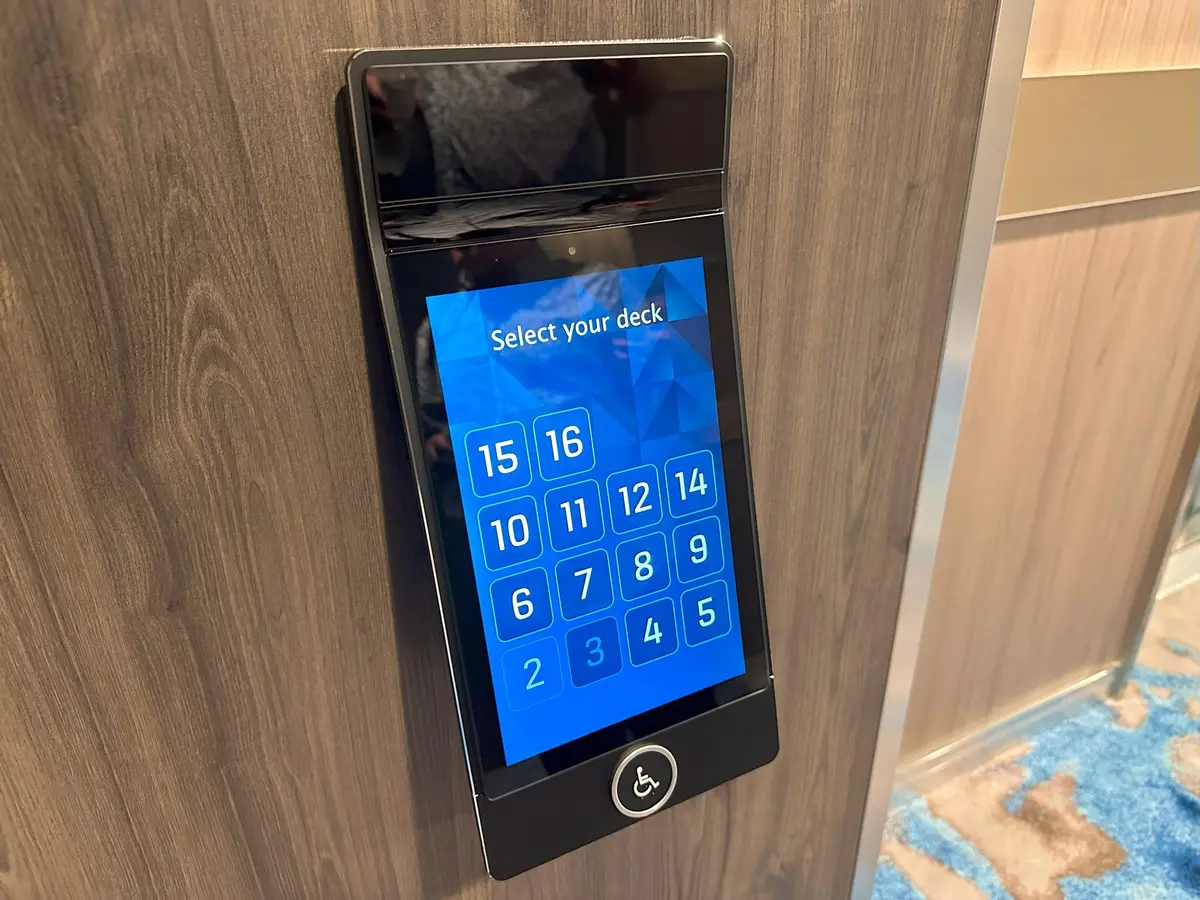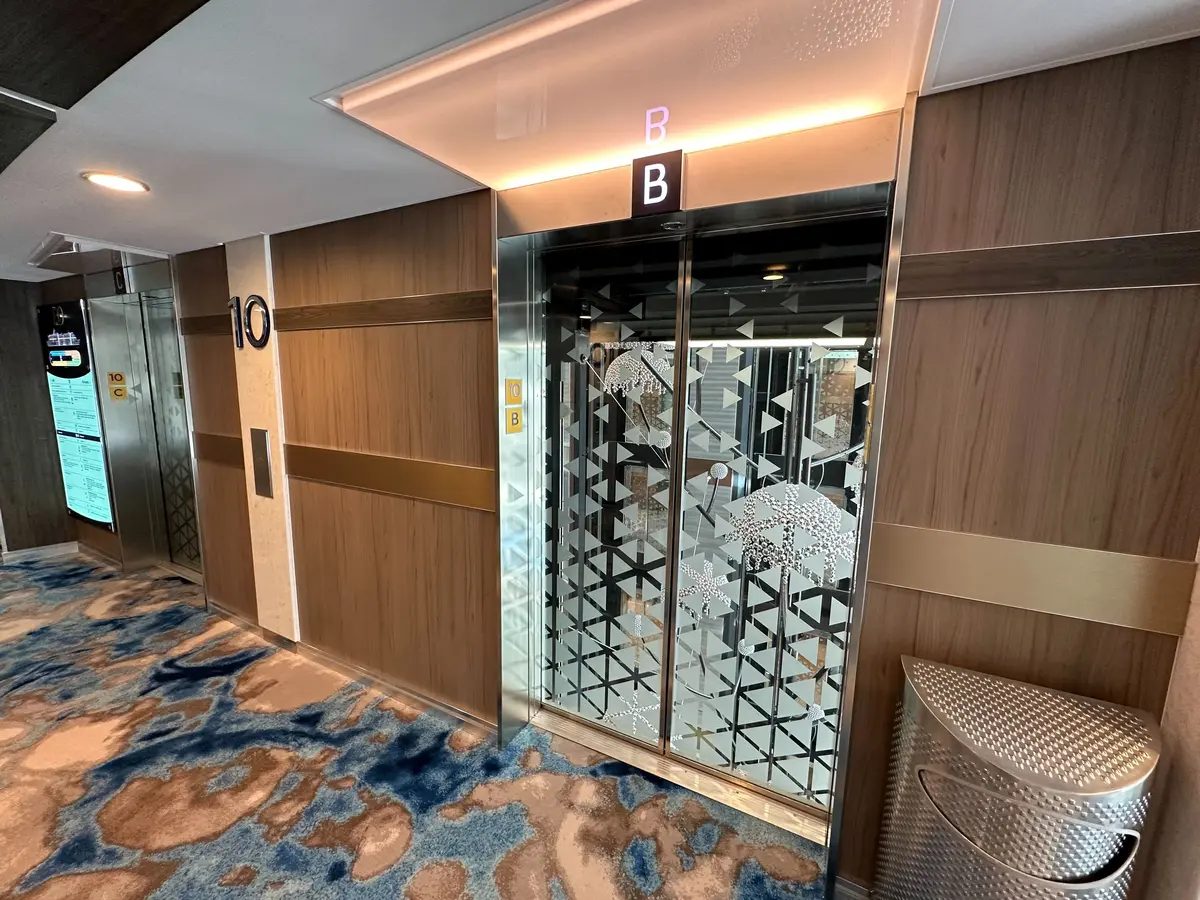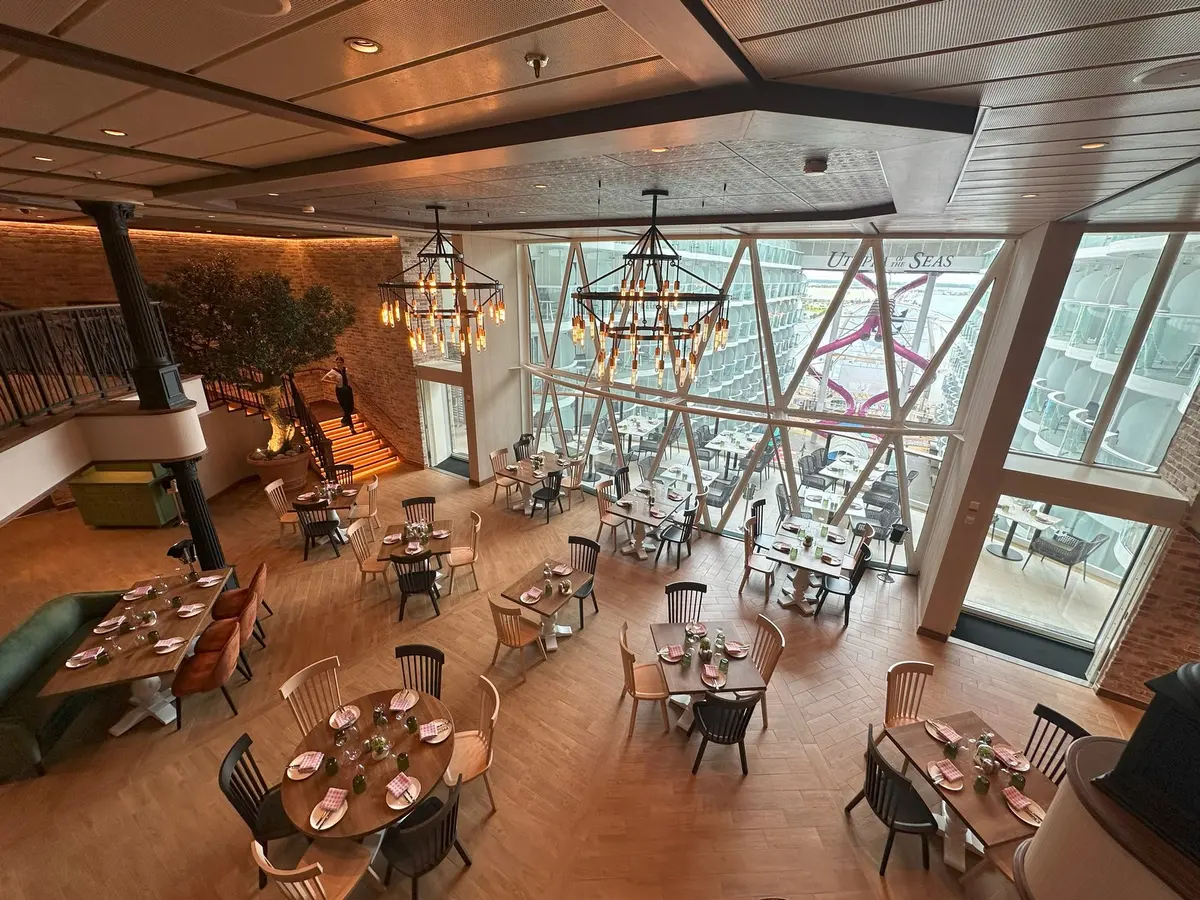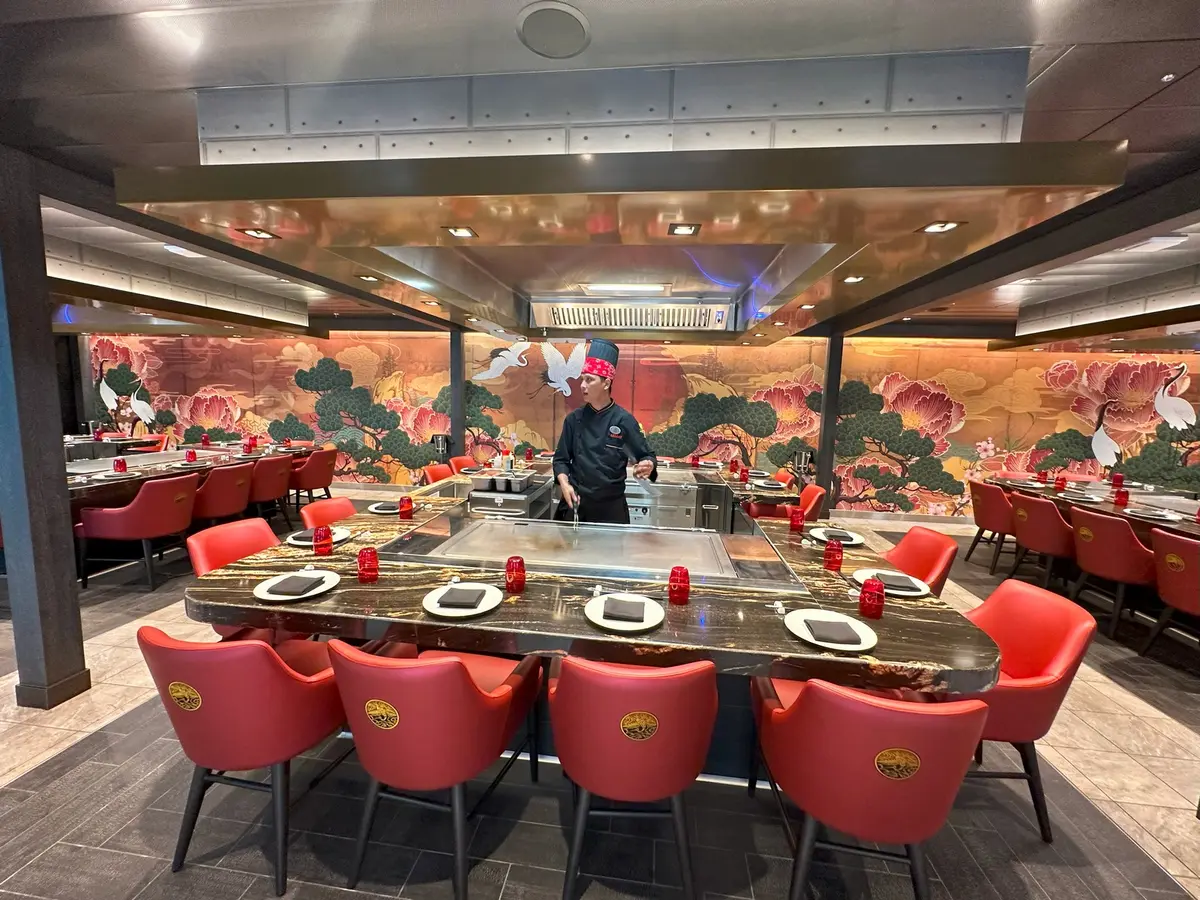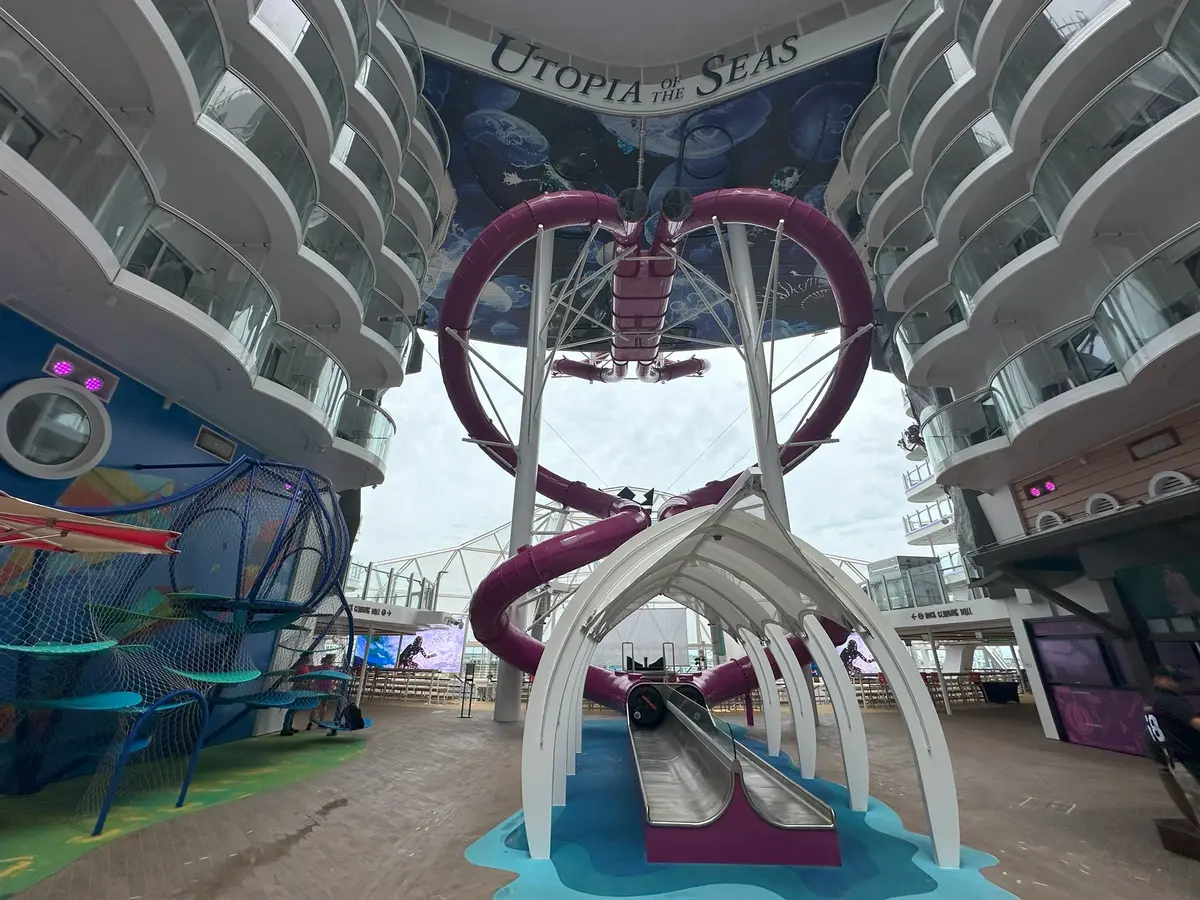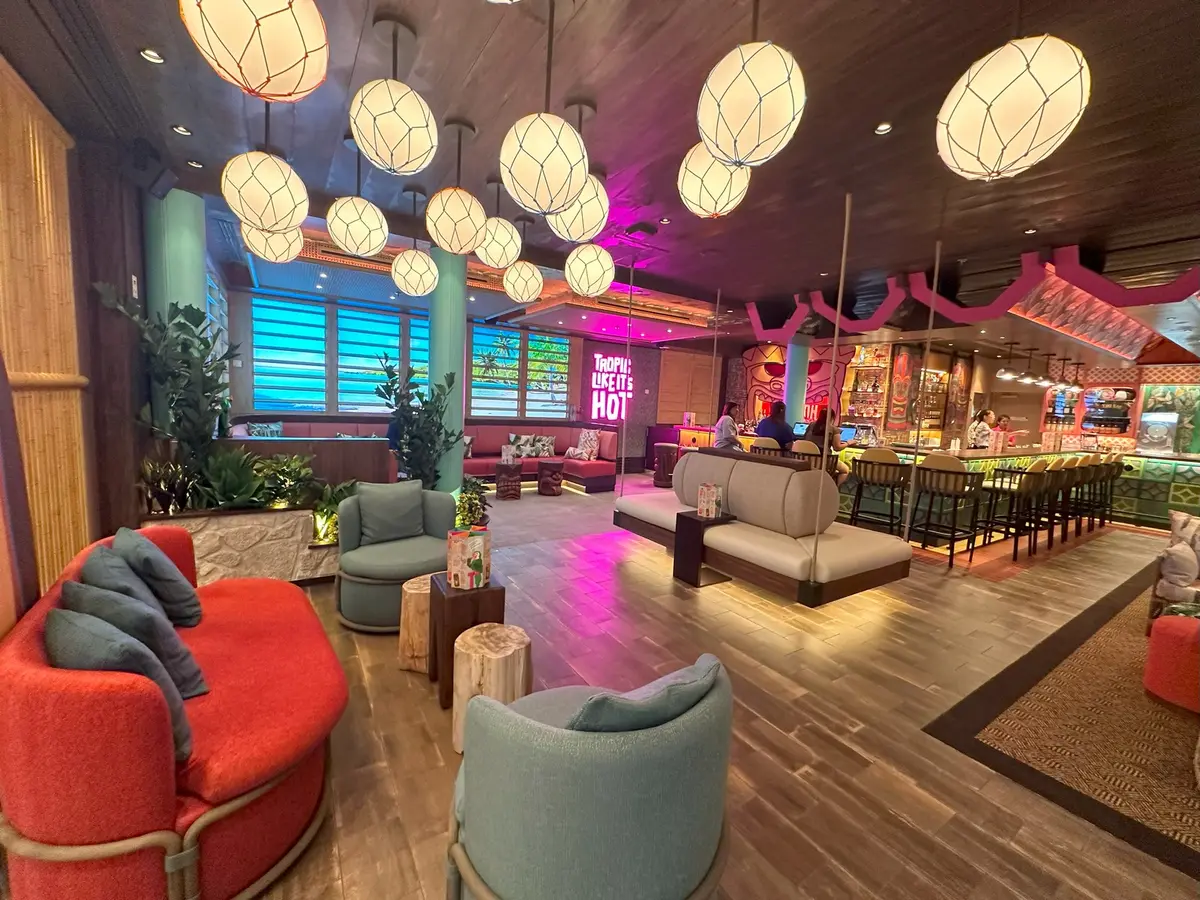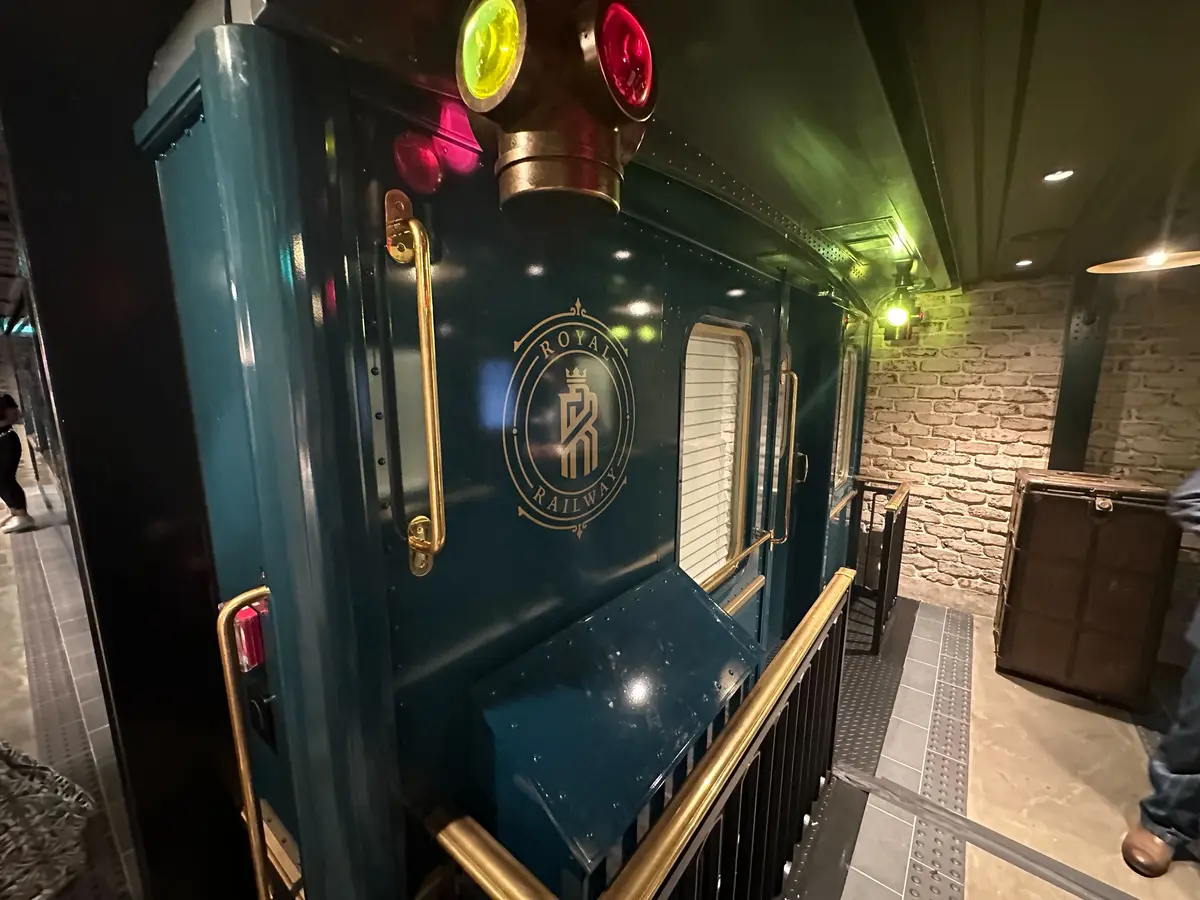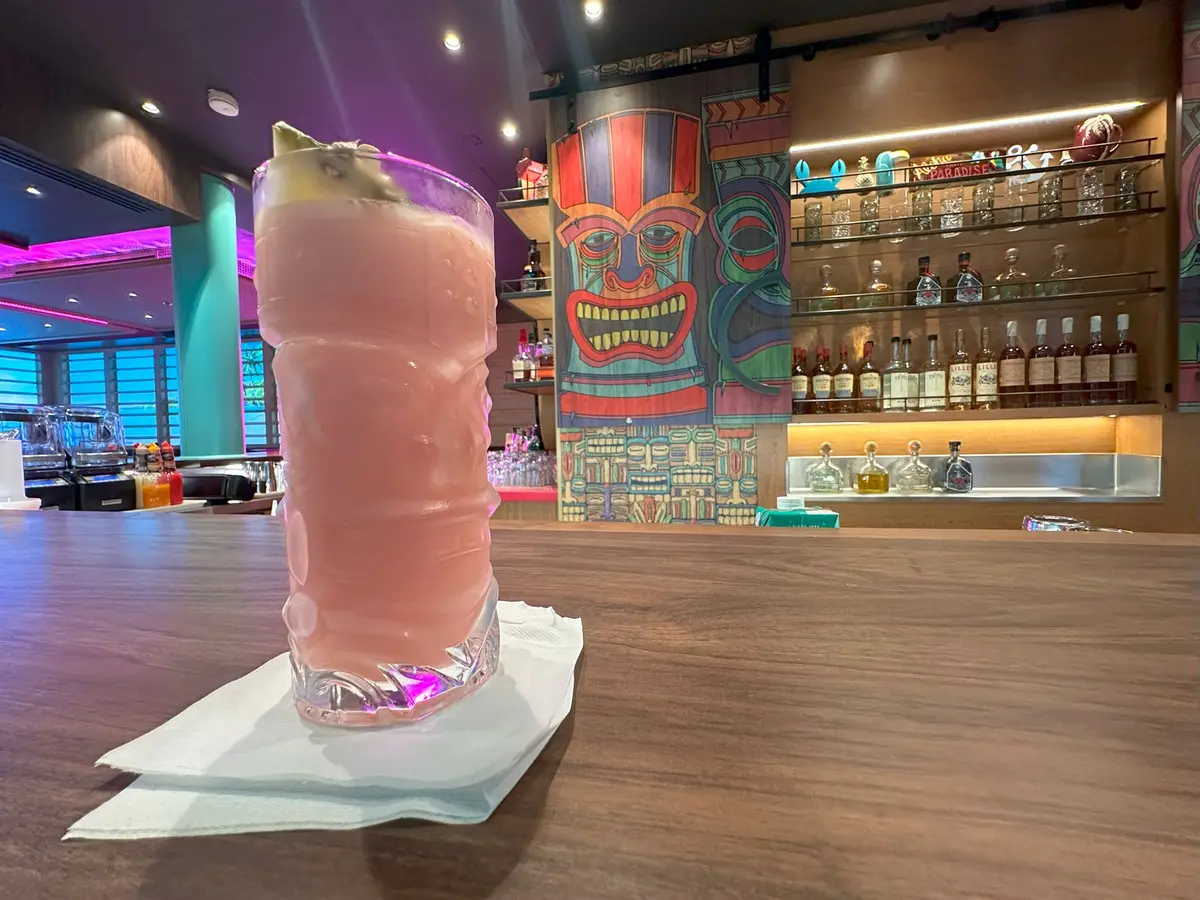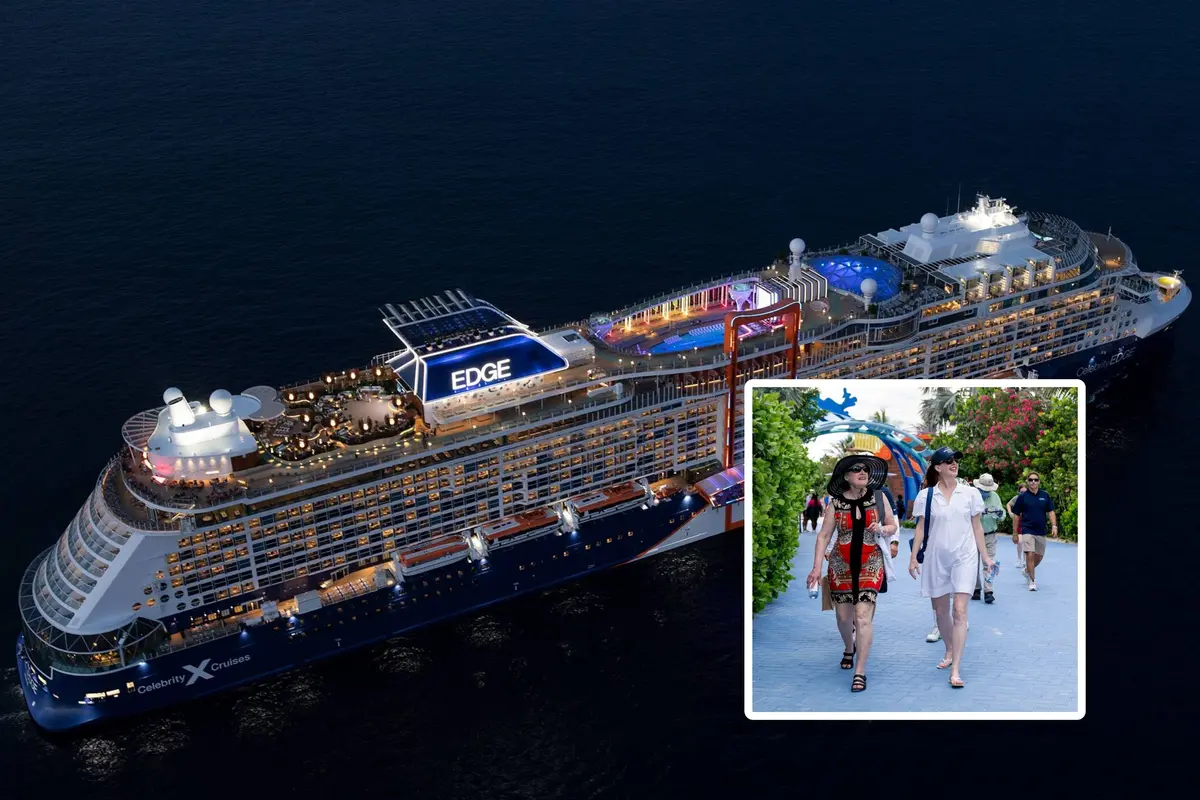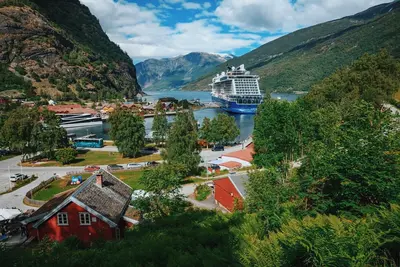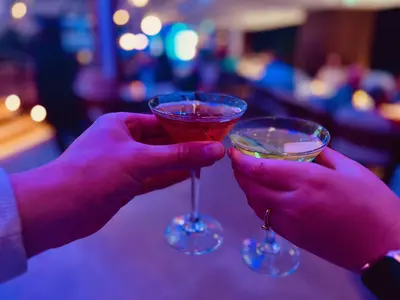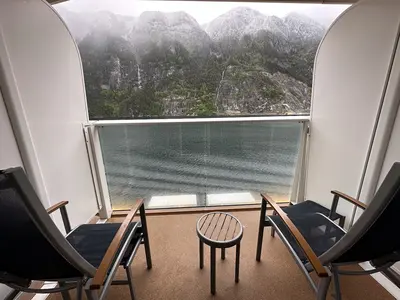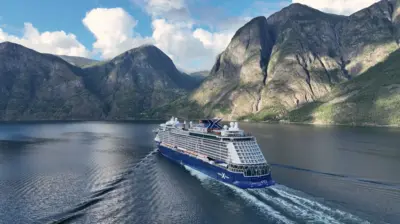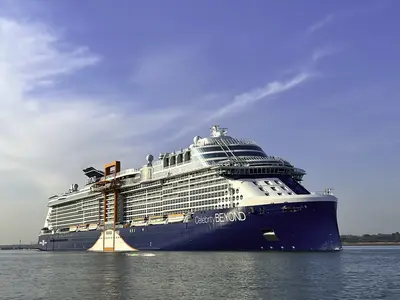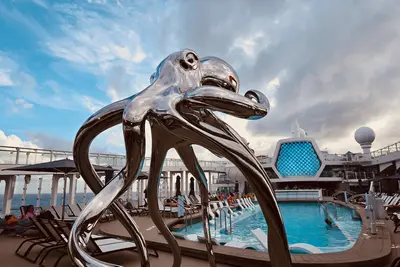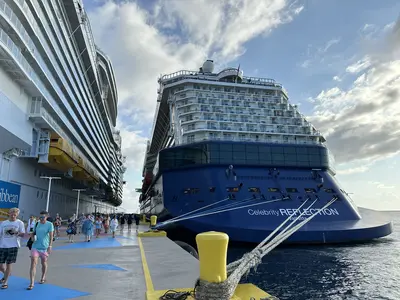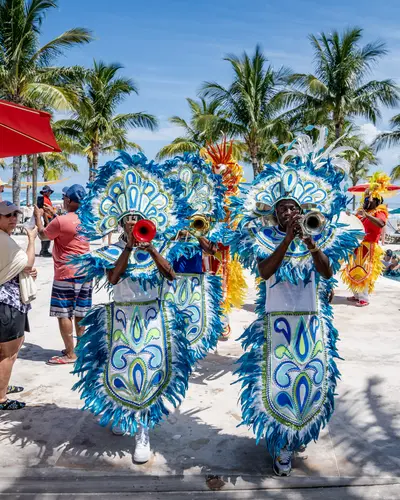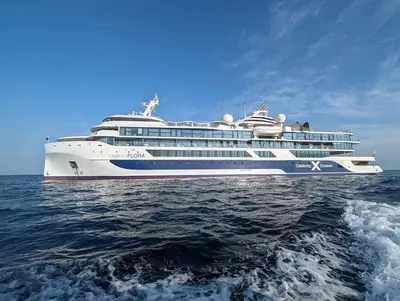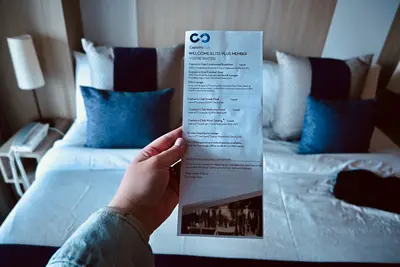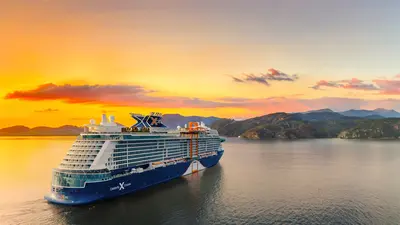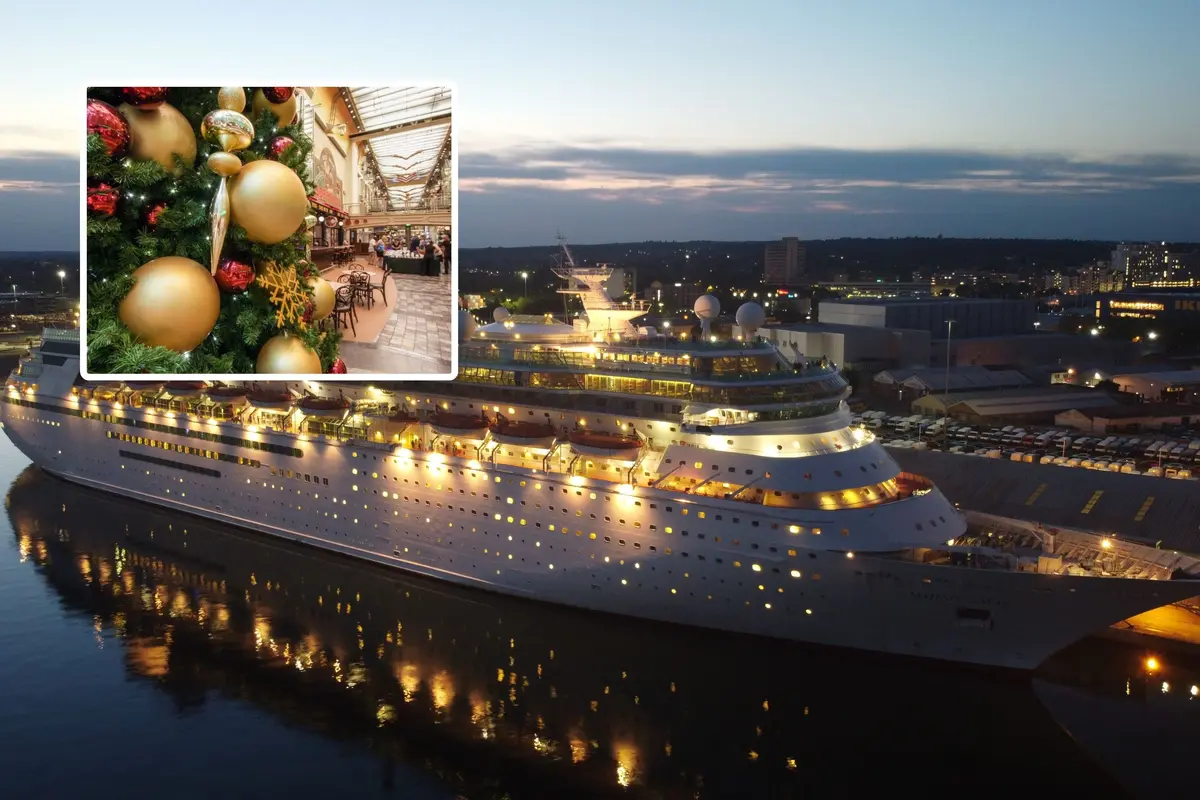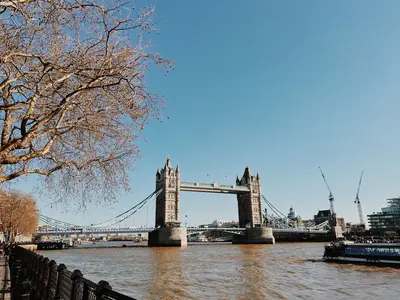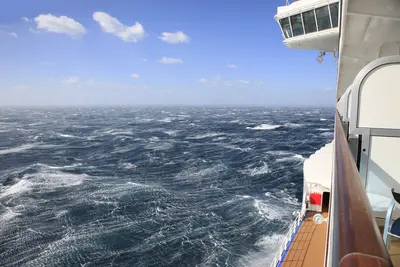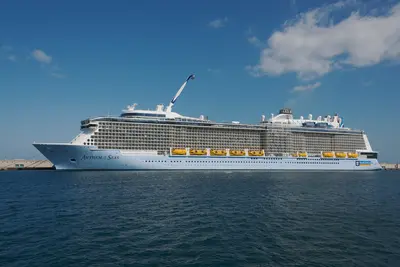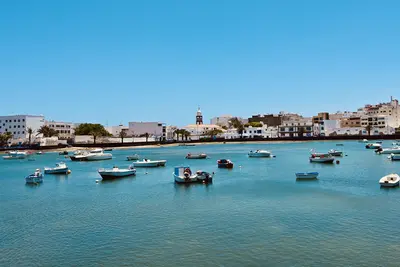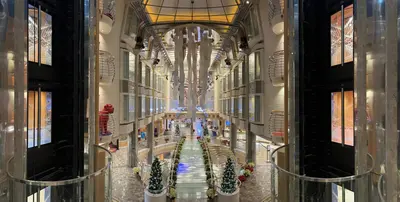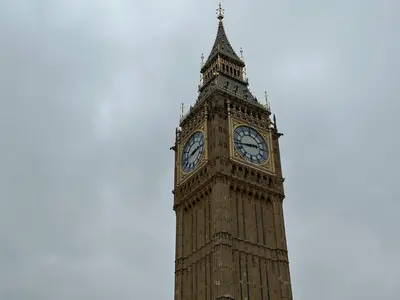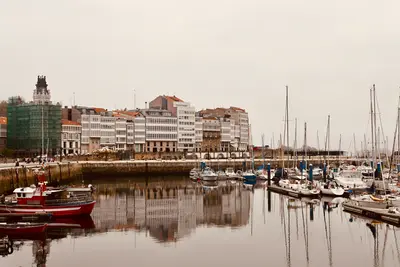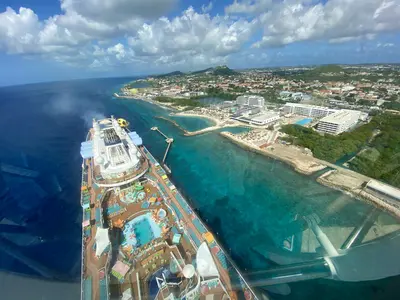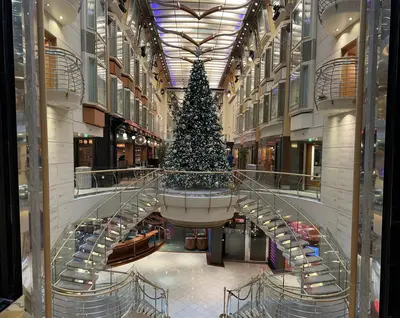Hilarious TikTok shows how much teenage boy can eat on his cruise ship
In:Many would agree that one of the highlights of cruising is indulging in all of the delicious cuisine while onboard. While there are specialty dining options on virtually every cruise ship, you can always enjoy unlimited, complimentary food during your sailing. From the buffet to the main dining room, you certainly won’t go hungry while vacationing on a cruise ship.
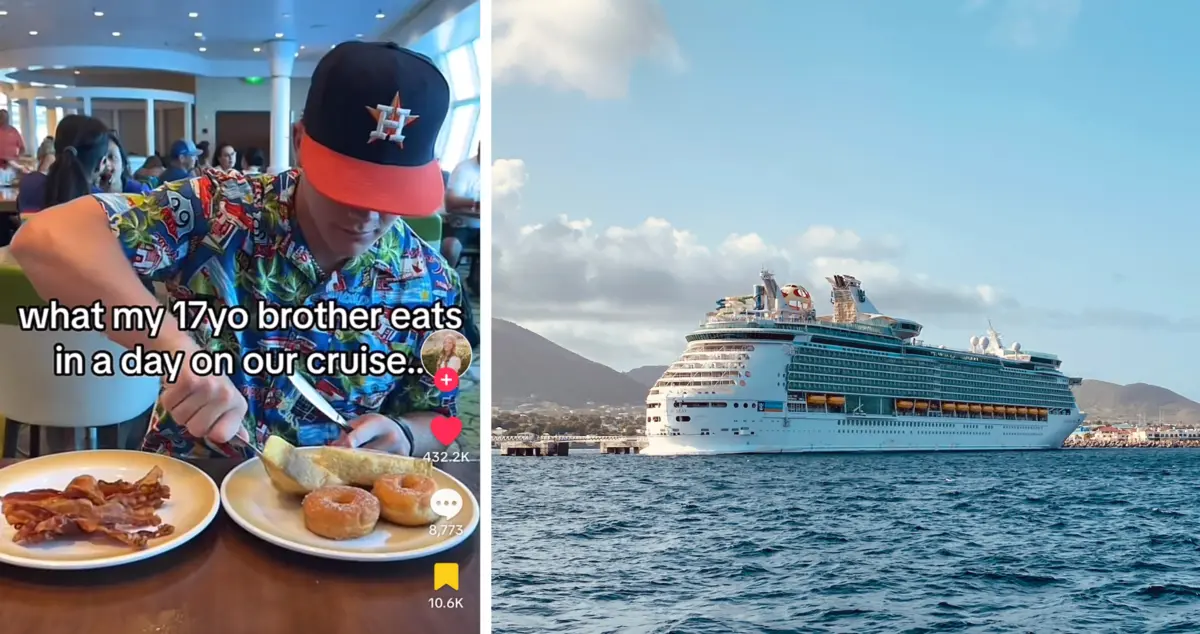
But, how much would you eat on a cruise if you had the metabolism of a 17-year-old teenager?
A recent viral TikTok from Kyleigh Ryan (@kyleigh.pate) shows just how much a teenage boy can eat in one day on a cruise. The video has been viewed more than 4.7 million times - garnering around 9,000 comments and nearly 500k likes from viewers. Ryan's viral video is likely inspired by the TikTok trend where siblings share what their teenage brothers eat in a day.
In the video, Ryan chronicles her brother’s meals and snacks throughout his cruise day, meticulously keeping track of everything he ate for the TikTok. As you might imagine, the 17-year-old certainly got his money’s worth just in cruise food.

Ryan captioned the TikTok, “What my 17-year-old brother eats in a day on our cruise.” She also included in the captions that simply making the video made her nauseous. Ryan tagged Royal Caribbean in the video, although she does not specify which ship she is sailing on with her family.
The hilarious TikTok was posted to social media earlier this month, presumably during a family vacation. The tagged location on the TikTok is Galveston, Texas, and appears to be Mariner of the Seas. Of course, it should also be noted that the sentiment of this TikTok is clearly lighthearted and not meant to be shaming or judgmental.
Here’s everything that the 17-year-old enjoyed during his cruise day, in the order shown in the viral video.
Breakfast

They say breakfast is the most important meal of the day - and Ryan’s brother certainly started his day with a bang. The beginning of Ryan’s viral TikTok shows her and her brother dining at the Windjammer buffet for breakfast onboard their Royal Caribbean cruise.
The Windjammer is Royal Caribbean’s standard buffet that serves meals for breakfast, lunch, and dinner. During the TikTok, Ryan’s brother makes three separate trips to the buffet for his breakfast.

During breakfast, the 17-year-old makes a few trips to the buffet. It looks to be a sea day onboard the ship, as the TikTok never shows the family disembark the ship. More time onboard means more opportunities to indulge in all of the cuisine!
Ryan documents her brother with each trip to and from the Windjammer buffet, which is actually recommended on a cruise to reduce waste, as it’s easy to overload your plate. One can appreciate the teen’s conscientious efforts to not be wasteful!
Here’s what the 17-year-old had for breakfast, according to the viral TikTok:
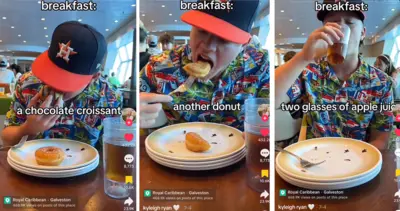
- 3 slices of French toast
- 2 donuts
- A plate of bacon
- Hashbrowns
- 3 more slices of French toast
- 2 sausage links
- A chocolate croissant
- 1 more donut
- 2 glasses of apple juice
Lunch

Before lunch, Ryan shows a clip of her brother having his first ice cream cone on the pool deck. One of the quintessential treats on a Royal Caribbean is a soft-serve ice cream cone! Although popular with all guests onboard, the soft-serve machine is particularly popular with kids and teens. Who doesn’t want unlimited ice cream on vacation - it’s a kid’s dream!

For lunch, the 17-year-old takes a trip to Sorrento’s onboard. This is Royal Caribbean’s complimentary pizza, serving up fresh slices throughout the day and into the late night. Ryan shows her brother taking three separate trips up to the counter for lunch, in which the teen eats the following:
- 2 slices of pepperoni pizza
- 2 more slices of pepperoni pizza
- 2 final slices of pepperoni pizza

After indulging at Sorrento’s for lunch, the teen heads back to the pool deck. Ryan shows her brother having two more ice cream cones from the soft-serve machine.
Dinner

The TikTok continues by showing the teenager enjoying dinner in the main dining room, presumably with Ryan and their family. On Royal Caribbean ships, the main dining room serves multi-course meals, which are included in each guest’s cruise fare. The main dining room also serves sit-down meals for breakfast and lunch depending on the sailing’s itinerary.

Each evening in the main dining room features a different themed menu. Ryan shows her brother’s dining room order, including the following appetizers, entrees, and desserts. Based on the 17-year-old’s selections shown in the TikTok, it appears to be Italian night in the dining room.

The teenager didn’t hold back with his dining room order, indulging in the following meal for dinner:
- 2 cheddar bread rolls with butter
- 2 glasses of lemonade
- 1 more cheddar roll with butter
- Arancini appetizer
- 2 steaks with baked potato and broccoli
- Chocolate dessert with ice cream
- Lemon tart
Late Night Snack

After dinner, Ryan shows her brother making another trip back to Sorrento’s for a late-night bite of pizza. She captions the ending of her TikTok, “Went back that night because he was hungry again.”
At the end of the TikTok, Ryan shows her brother indulging in four final slices of pizza before calling it a night. To be fair, there is nothing quite like Sorrento’s pizza to end your night on a Royal Caribbean cruise!
Response from viewers

Ryan’s viral TikTok has become overwhelmingly popular with viewers on the social media app. The video has surpassed 9,000 comments, mostly with commenters appreciating the teenager’s eating tenacity!
“If I paid for his cruise, he’s the one I’m feeling good about having got my money’s worth!” said the top response in the TikTok’s comment section. This top comment has received over 81.4k likes from other viewers!
Another top response - which has received 32k likes - said, “I ain’t mad at him. He CLEARLY knows how to enjoy a cruise.”
Similarly, many viewers agreed with the sentiment that the 17-year-old is getting his money’s worth. One commenter writes, “Note to self: take my twins on a cruise when they’re 16 to save on groceries” while another responds, “It’s cheaper to take your teenage boys on cruises than grocery shopping these days!”
“I am expecting my 16-year-old to eat our money’s worth on our cruise in December!” responded one user on the viral video. Another user agreed, “Have two teenage boys. Can confirm they eat like this.”
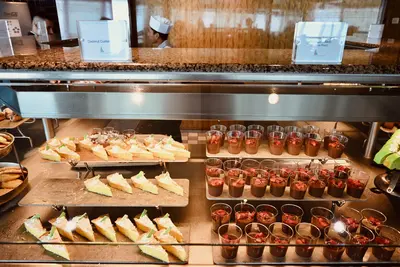
In the same way, another commenter stated, “Just got back from a cruise with my 14-year-old son and he ate 24 slices of pizza and 7 ice cream cones, in addition to breakfast, lunch, and dinner one day. I felt like it was a good value at least lol.”
Another parent chimes in, “As the parent of a teenage boy, I see what our next vacation is gonna be. That alone would justify the cost of the cruise!”
“My 18-year-old ate his weight in soft serve daily on our 8-day cruise. The food he consumed balanced the cost of his room,” writes another commenter.
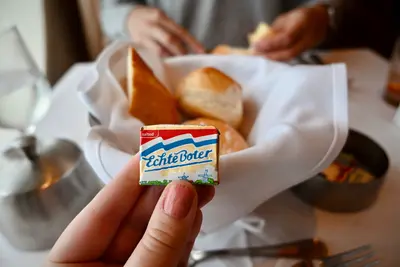
Along with these remarks, many of the commenters mention how they are envious of the teen’s metabolism. One of the top comments with 33.6k likes reads, “I have metabolism envy!”
“Cries in bad metabolism,” responds another viewer jokingly.
What food is included on a Royal Caribbean cruise?
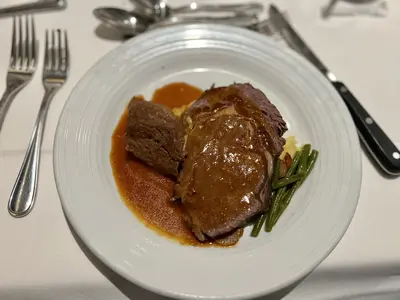
All of the food in Ryan’s TikTok is included in the cost of a Royal Caribbean cruise. Each ship features a combination of for-fee specialty dining and complimentary dining options.
To start, all of Royal Caribbean’s ships provide a Windjammer buffet, which serves breakfast, lunch, and dinner daily. There are multiple buffet stations with a range of cuisine options - everything from hot dogs and hamburgers to Indian curry and Italian pasta.
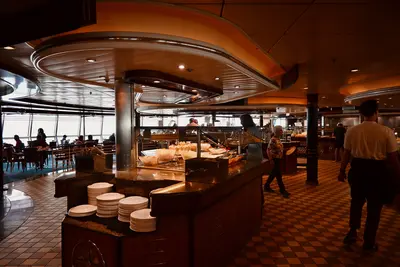
Moreover, each ship in the fleet has at least one main dining room for dinner and breakfast each day with multi-course meals. The main dining room is a classic, traditional cruise ship dining experience.
You can choose between My Time Dining or set dining time (early or late). In the main dining room, you’ll receive a menu each evening with appetizers, entrees, and desserts to order. Guests can essentially order as much as they want in the dining room.
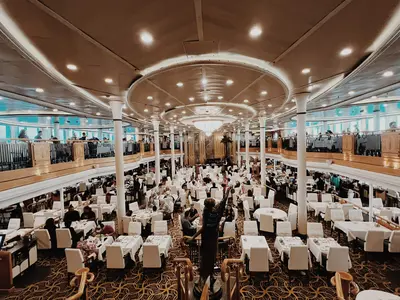
Royal Caribbean’s ships also typically feature a grab-and-go cafe with snacks, sandwiches, and salads. These quick-service dining options are often named Cafe Promenade, Park Cafe, Pearl Cafe, or Cafe Lattitudes, depending on which ship you are sailing on. Sorrento’s is Royal Caribbean’s pizza parlor, which serves pizza throughout the day on your cruise.
Finally, some of Royal Caribbean’s ships also have poolside dining options like El Loco Fresh for Mexican and Boardwalk Dog House for hot dogs. These are also grab-and-go style dining options so you can get a quick bite to eat and eat right on the pool deck.

As for drinks, your Royal Caribbean cruise fare includes basic beverages, excluding alcohol. This includes water, lemonade, tea, juices (not freshly squeezed), drip coffee, tea, milk, and flavored waters.
Specialty dining options are available for a surcharge on Royal Caribbean’s ships. These include restaurants like Chops Grille Steakhouse, Giovanni’s Italian Kitchen or Table, Izumi Sushi and Teppanyaki, Jamie’s Italian, Playmakers Sports Bar, and 150 Central Park. Specialty dining experiences are also available for an extra fee, including Chef’s Table, Royal Railway Utopia Station, Wonderland, and Empire Supper Club.

